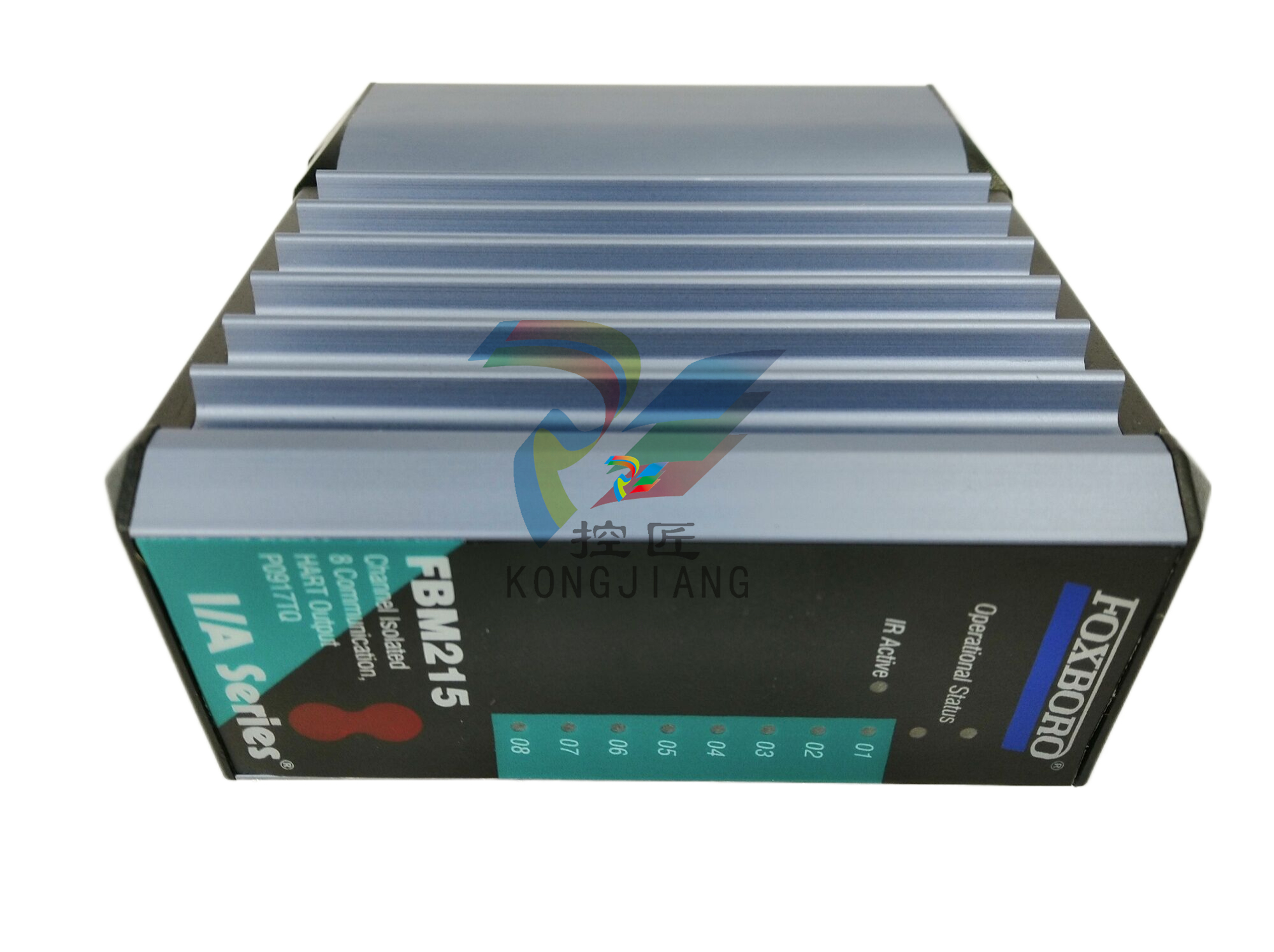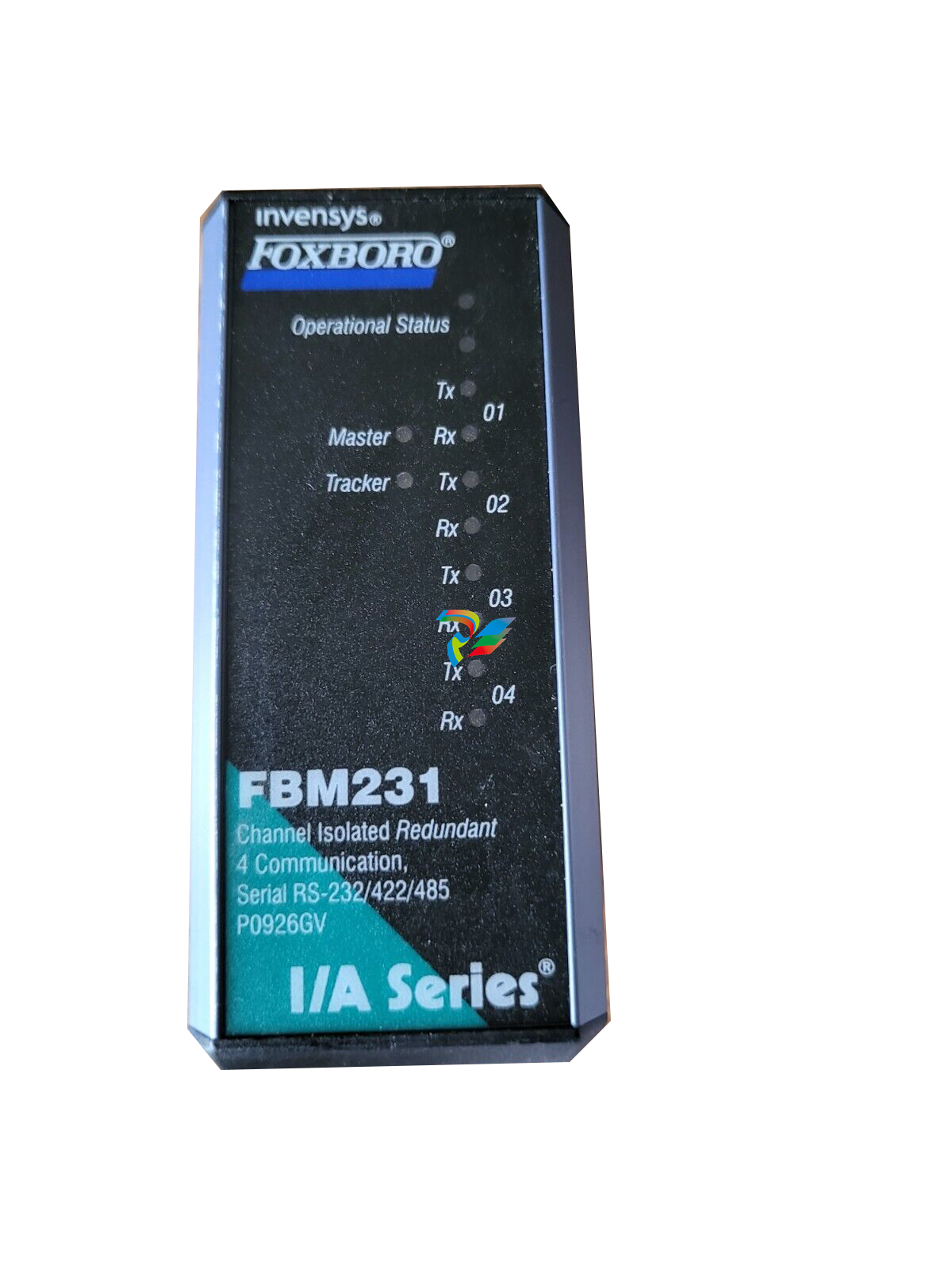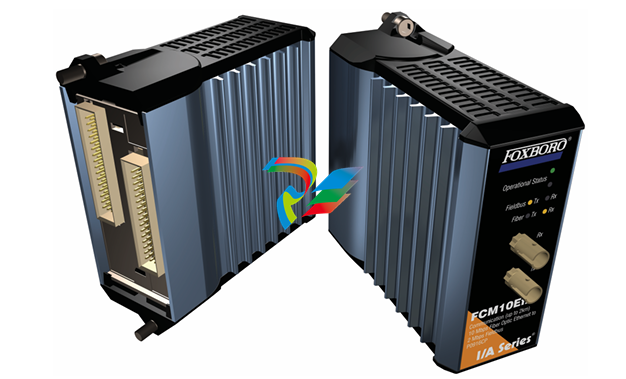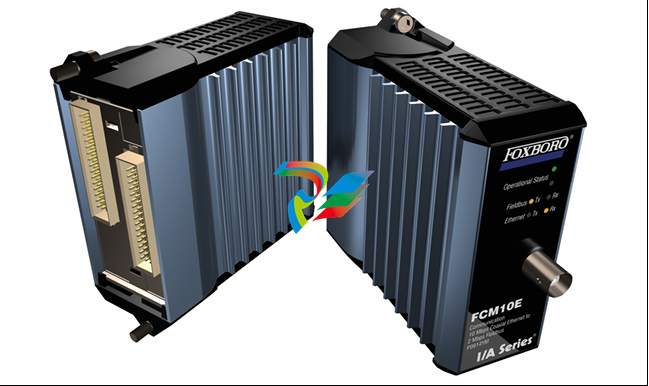
Overcoming Black Plastic Recycling Challenges with MWIR Hyperspectral Imaging Technology
Oct. 17, 2024 - Plastics are indispensable in our daily lives, with global production surpassing 380 million metric tons annually. A considerable proportion of these plastics are black, chosen for their aesthetic appeal, durability and functionality across high-demand industries such as automotive manufacturing, electronics and food packaging. However, black plastics pose a significant challenge to recycling due to their light-absorbing properties, which render them "invisible" to traditional recycling methods. This has contributed to the low recycling rate for black plastics, resulting in a growing environmental concern.
Why 
black plastics exist and the problem they pose
Black plastics are commonly produced using recycled materials to mask imperfections or inconsistencies in color. Their production helps divert plastics from landfills by reusing colored plastics in new applications. However, the carbon black pigmentation that gives these plastics their color also absorbs light, preventing near-infrared (NIR) technology—commonly used in sorting systems—from detecting them.
This results in improper sorting, with black plastics often being excluded from the recycling stream and sent to landfills, presenting a significant obstacle in a world where governments increasingly impose stricter recycling regulations. Many regions are requiring manufacturers to incorporate higher percentages of recycled plastics into new products, but achieving these targets is challenging without effective solutions for recycling black plastics.
Breakthrough technology: MWIR hyperspectral imaging
Enter mid-wave infrared (MWIR) hyperspectral imaging (HSI)—a revolutionary technology capable of addressing the challenges of black plastic sorting. While traditional near-infrared (NIR) systems operate in the 0.9–1.7 µm range and struggle to detect black plastics due to their light-absorbing carbon black pigments, MWIR HSI operates within the 3–5 µm spectral range, opening up new possibilities for material identification.
In the MWIR range, plastics exhibit distinct spectral features based on their molecular composition. These "spectral fingerprints" enable MWIR HSI to differentiate between various plastics, regardless of color. Even black plastics, typically invisible to NIR systems, can be reliably identified as their molecular structures reflect light differently in the MWIR spectrum.
By capturing these spectral details, MWIR HSI enables accurate, contact-free, real-time optical sorting of black plastics, significantly enhancing recycling efficiency. This optical method provides an efficient alternative to traditional gravity-based sorting methods, which consume large amounts of water, salt and other resources, contributing to environmental pollution.
The Specim FX50: MWIR hyperspectral imaging in action
The Specim FX50 hyperspectral camera offers a powerful tool for black plastic sorting. It is the only hyperspectral camera on the market that covers the full MWIR spectral range of 2.7–5.3 μm, required for accurately sorting black plastics.
Specifically designed for industrial applications, the Specim FX50 leverages push-broom technology to precisely identify plastics and rubbers at high speeds, enabling high-throughput sorting on conveyor belts. In a real-world scenario, it can process up to 300 kg of plastic flakes per minute with nearly 99 % accuracy, drastically improving sorting speed and efficiency.
Real-world applications and industry benefits
Industries that heavily rely on black plastics—such as automotive, electronics and packaging—stand to gain the most from this breakthrough technology. For instance, black plastics are used extensively in dashboards, bumpers and trim components in the automotive industry. By enabling effective sorting of these materials, MWIR HSI can help automotive manufacturers meet their recycling goals and reduce the environmental impact of vehicle production.
In the electronics industry, black plastic casings are ubiquitous in everything from smartphones to home appliances. With MWIR hyperspectral imaging, recyclers can efficiently sort black plastics from discarded electronics, helping manufacturers comply with increasingly stringent e-waste regulations.
The food packaging industry also stands to benefit. Black plastic trays are commonly used for ready-to-eat meals and other food products. By enabling more effective sorting of these trays, MWIR HSI helps reduce the amount of food packaging waste that ends up in landfills.
Environmental and economic benefits of recycling black plastics
The ability to sort and recycle black plastics brings significant environmental and economic benefits. Recycling black plastics prevents them from being sent to landfills or incinerators, reducing environmental pollution and conserving valuable resources. It also helps to close the loop on plastic waste, supporting the transition to a circular economy where materials are reused rather than discarded.
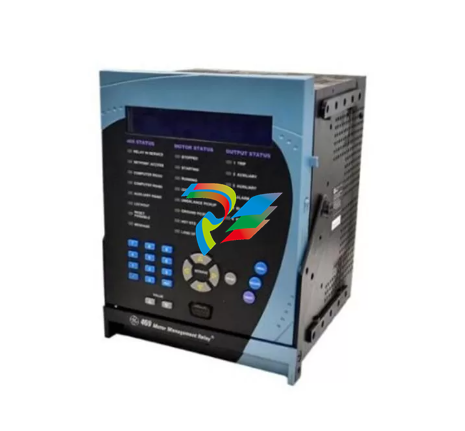
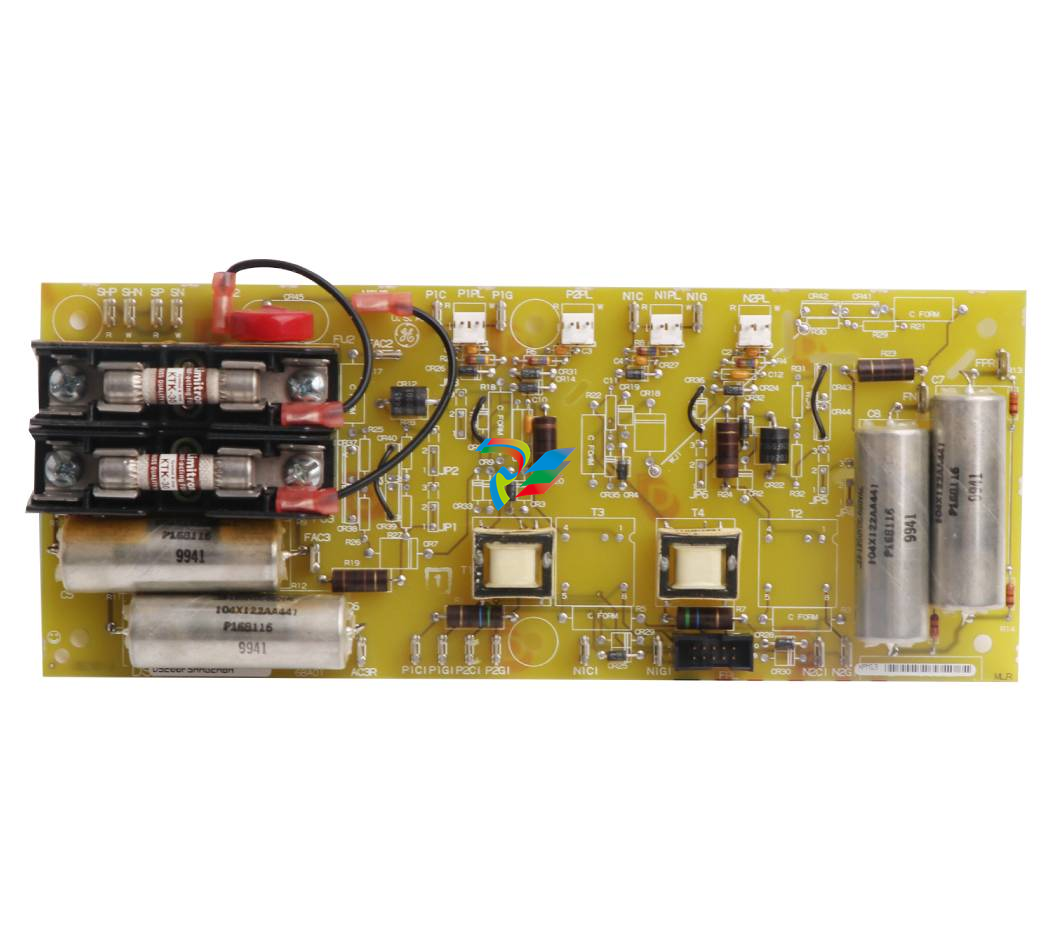
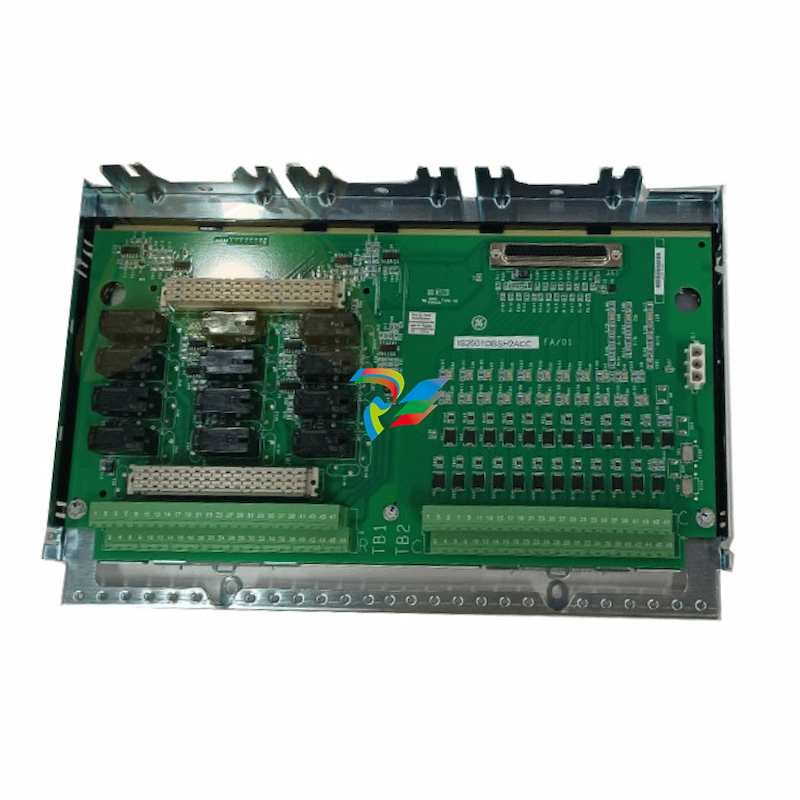
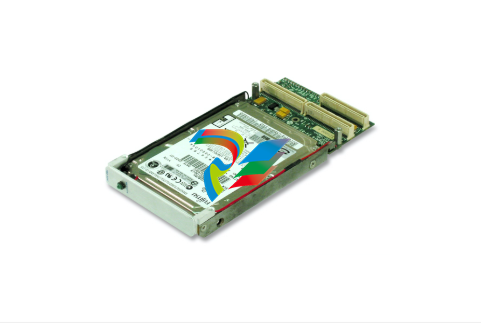
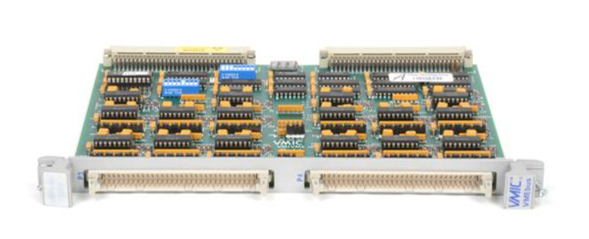
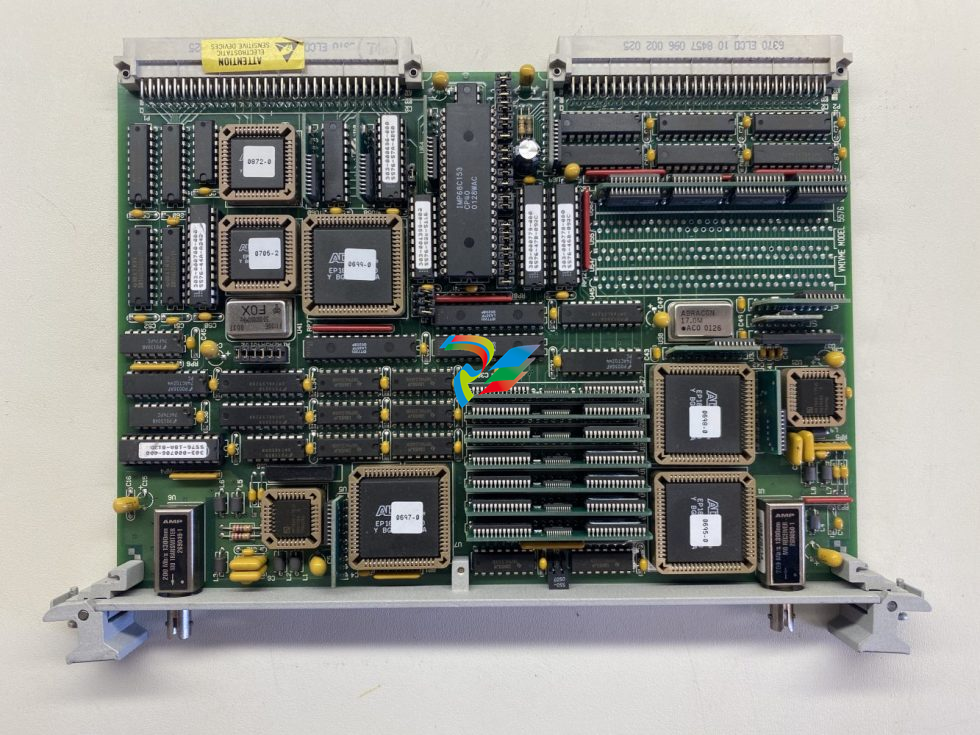
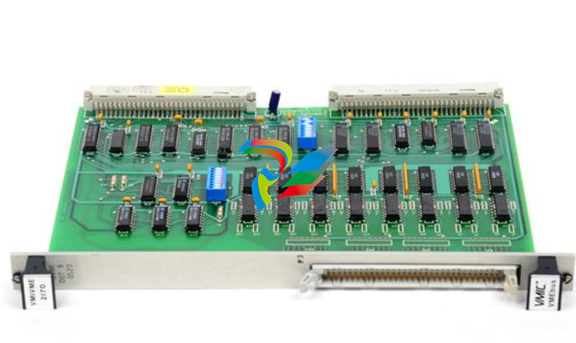
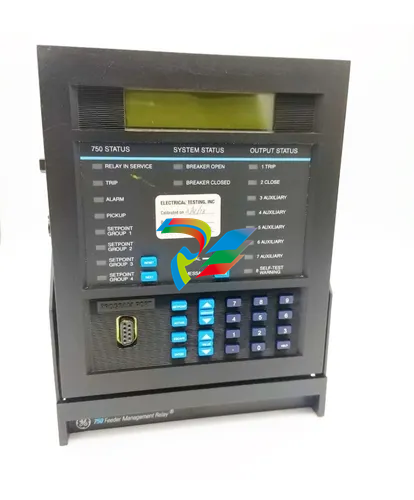
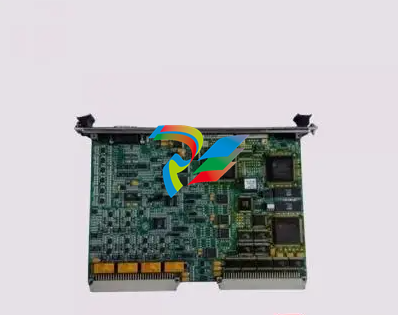
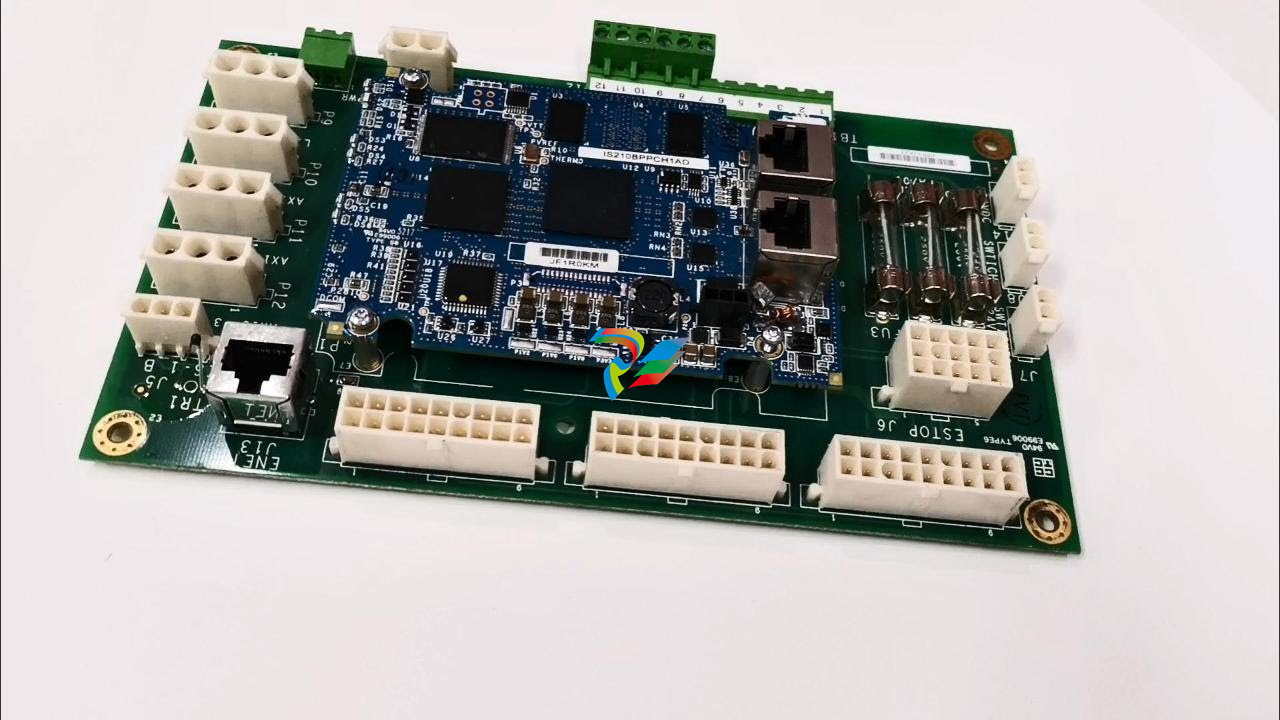
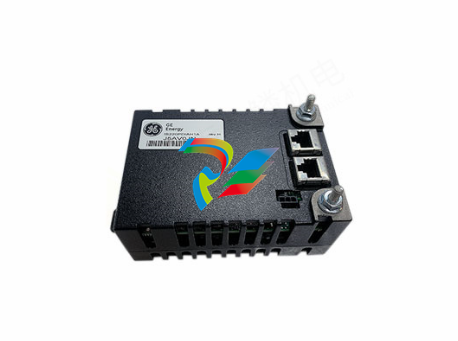
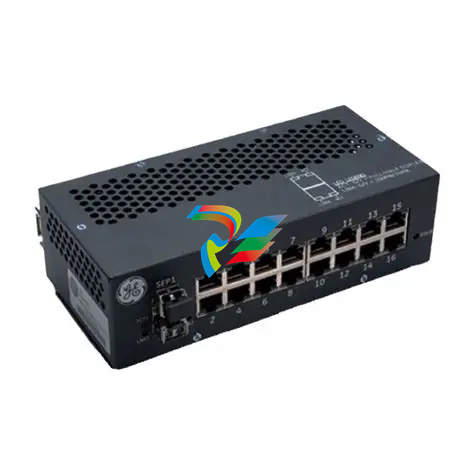
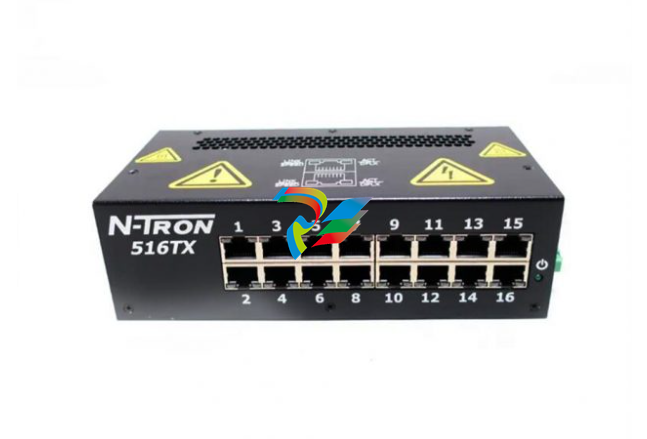
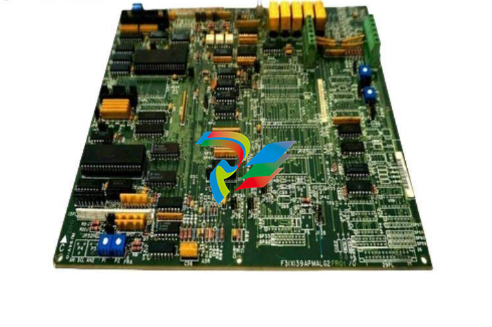
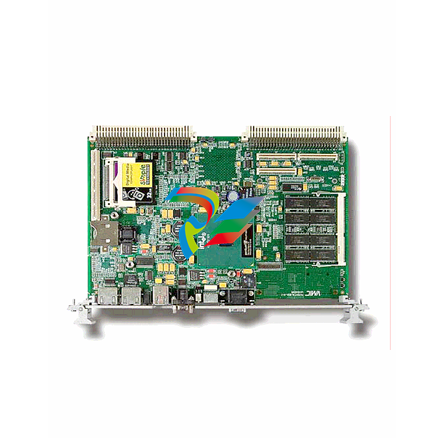
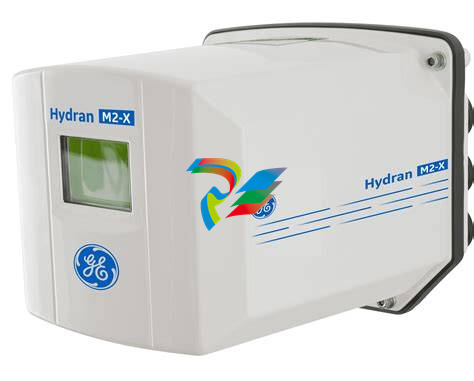
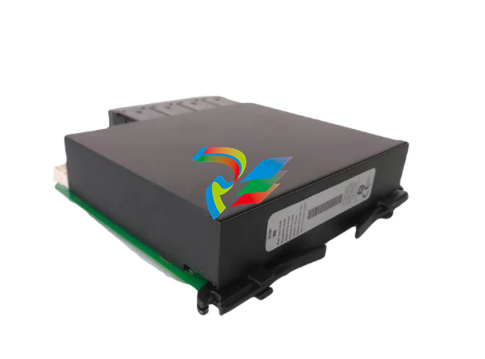
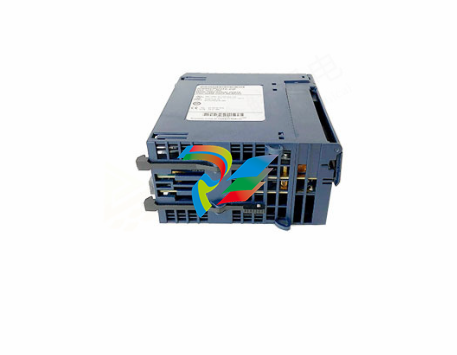
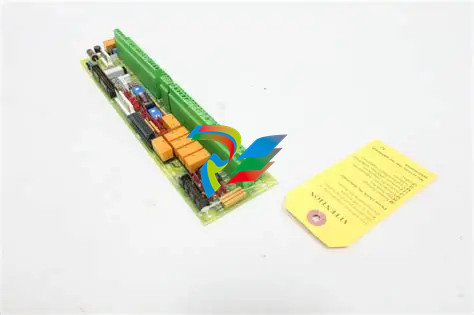
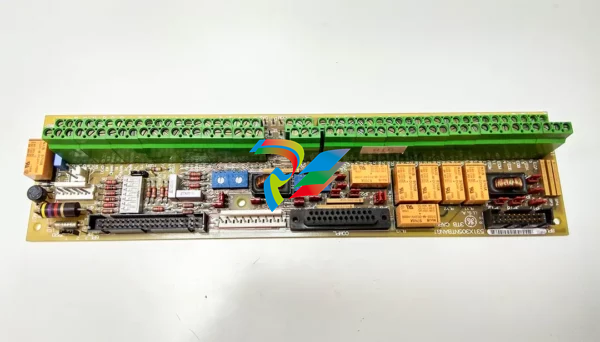
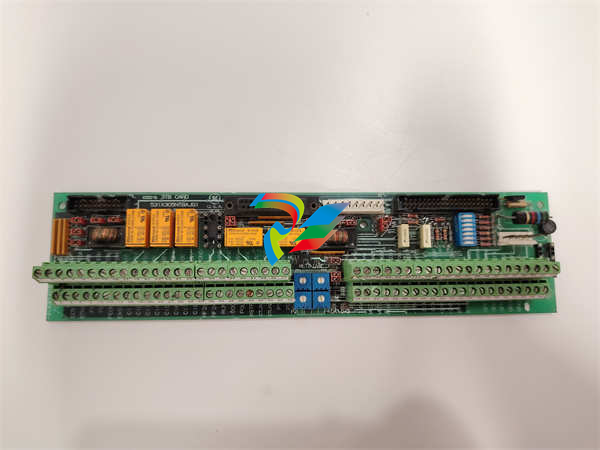

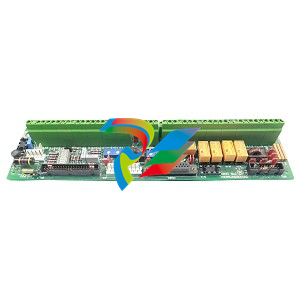
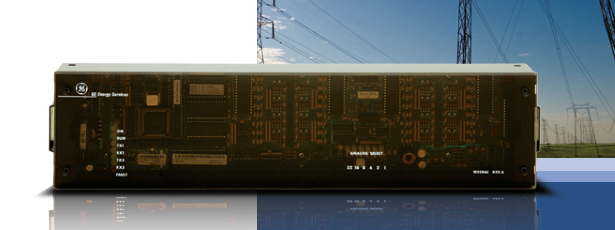
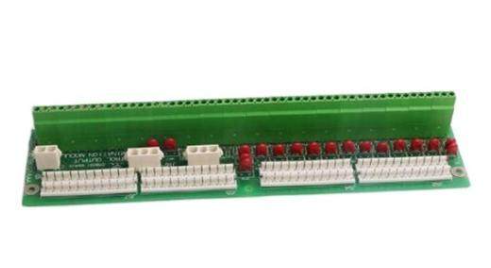
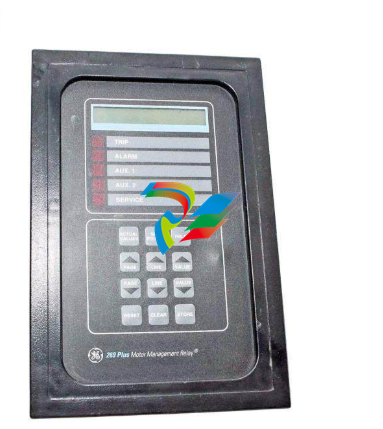
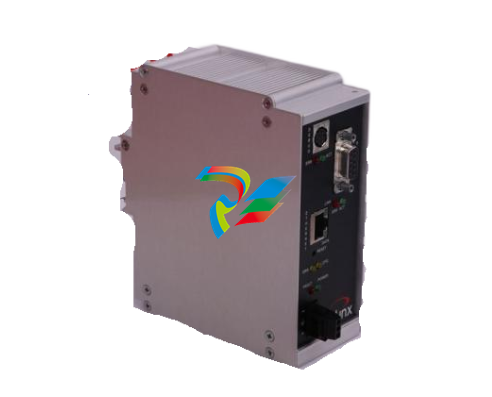
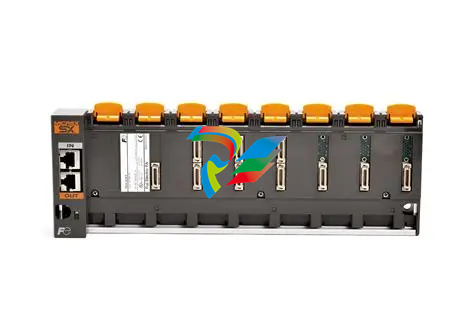
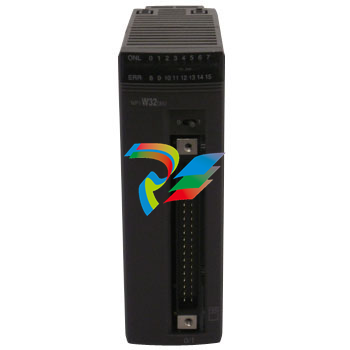
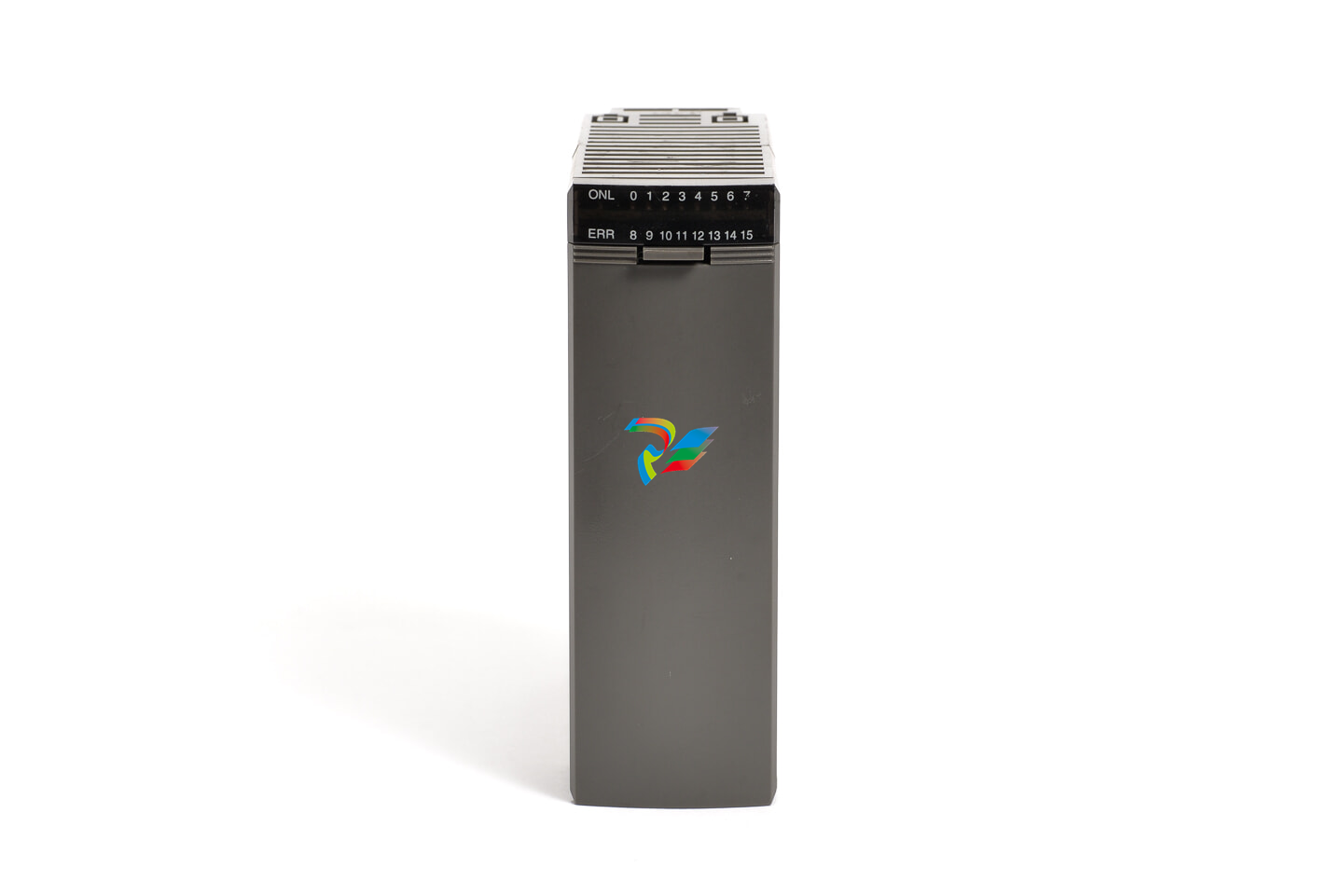
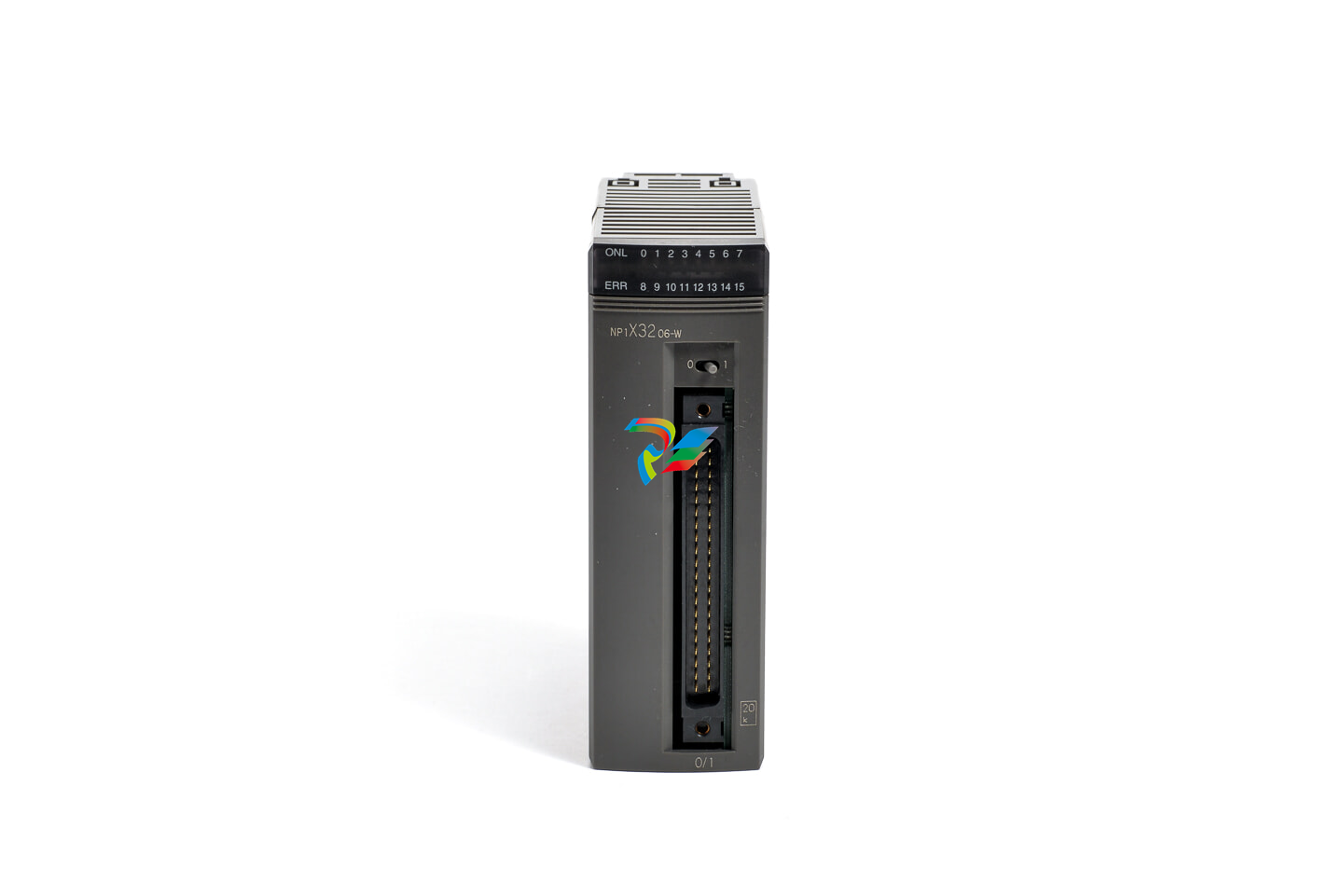
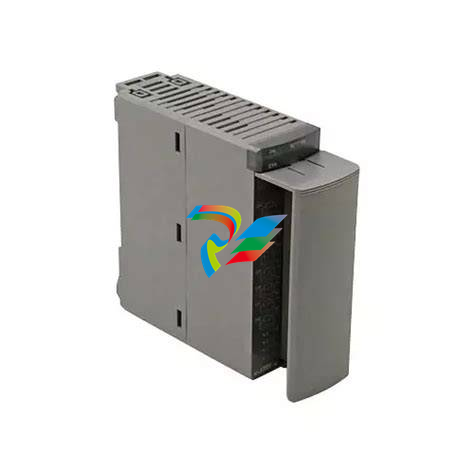
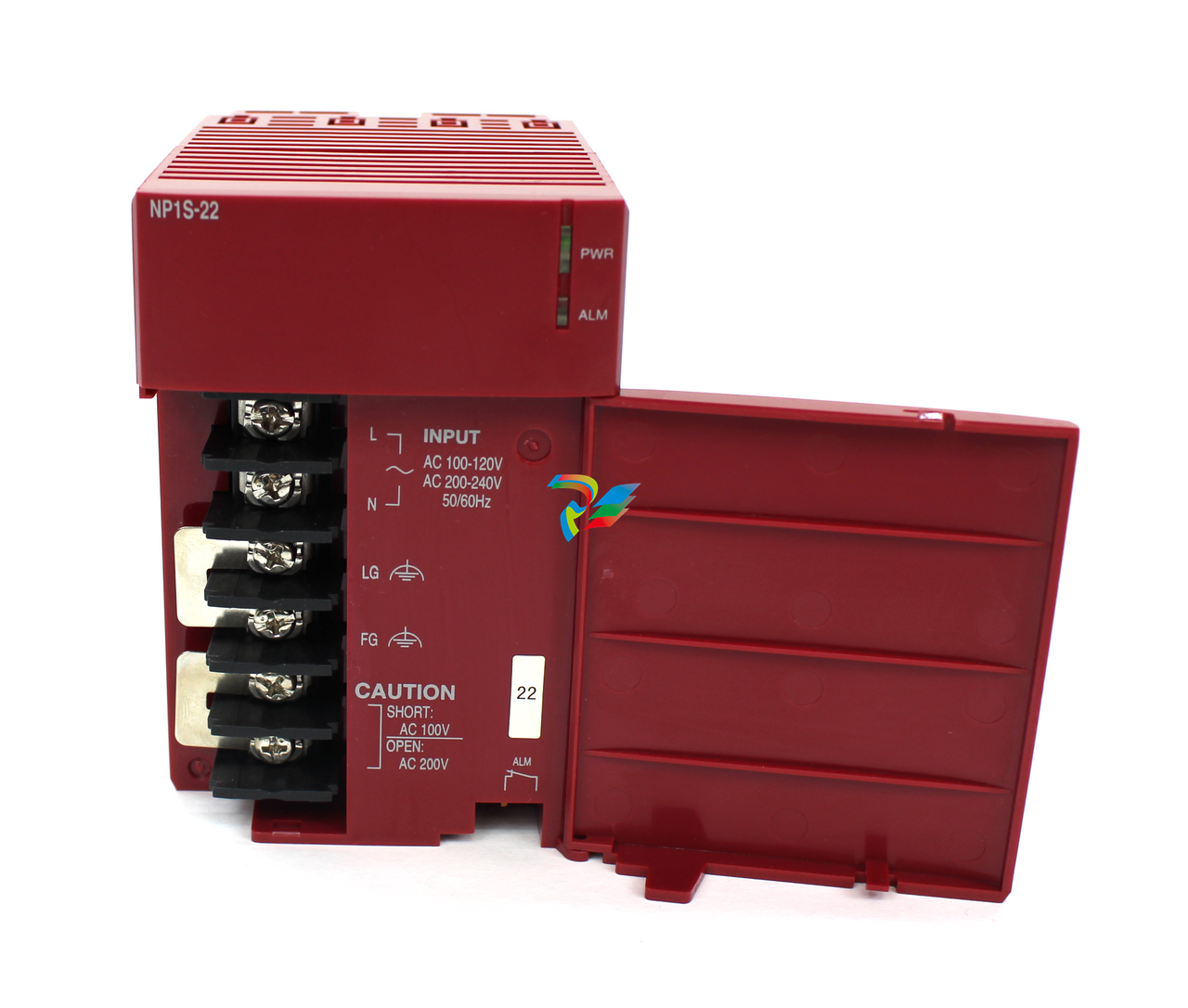
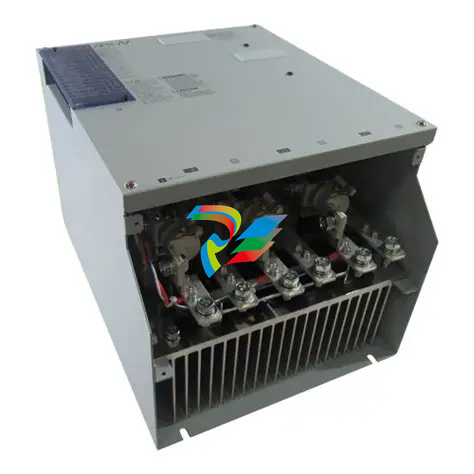
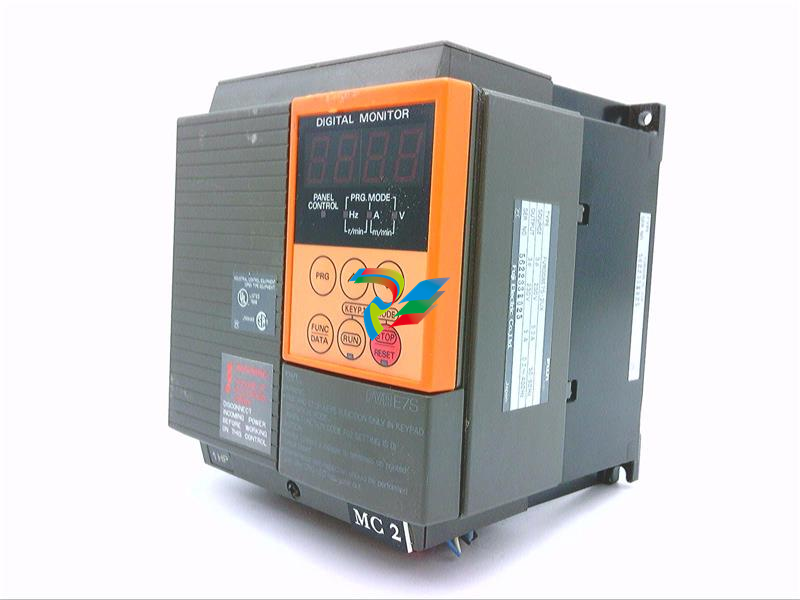
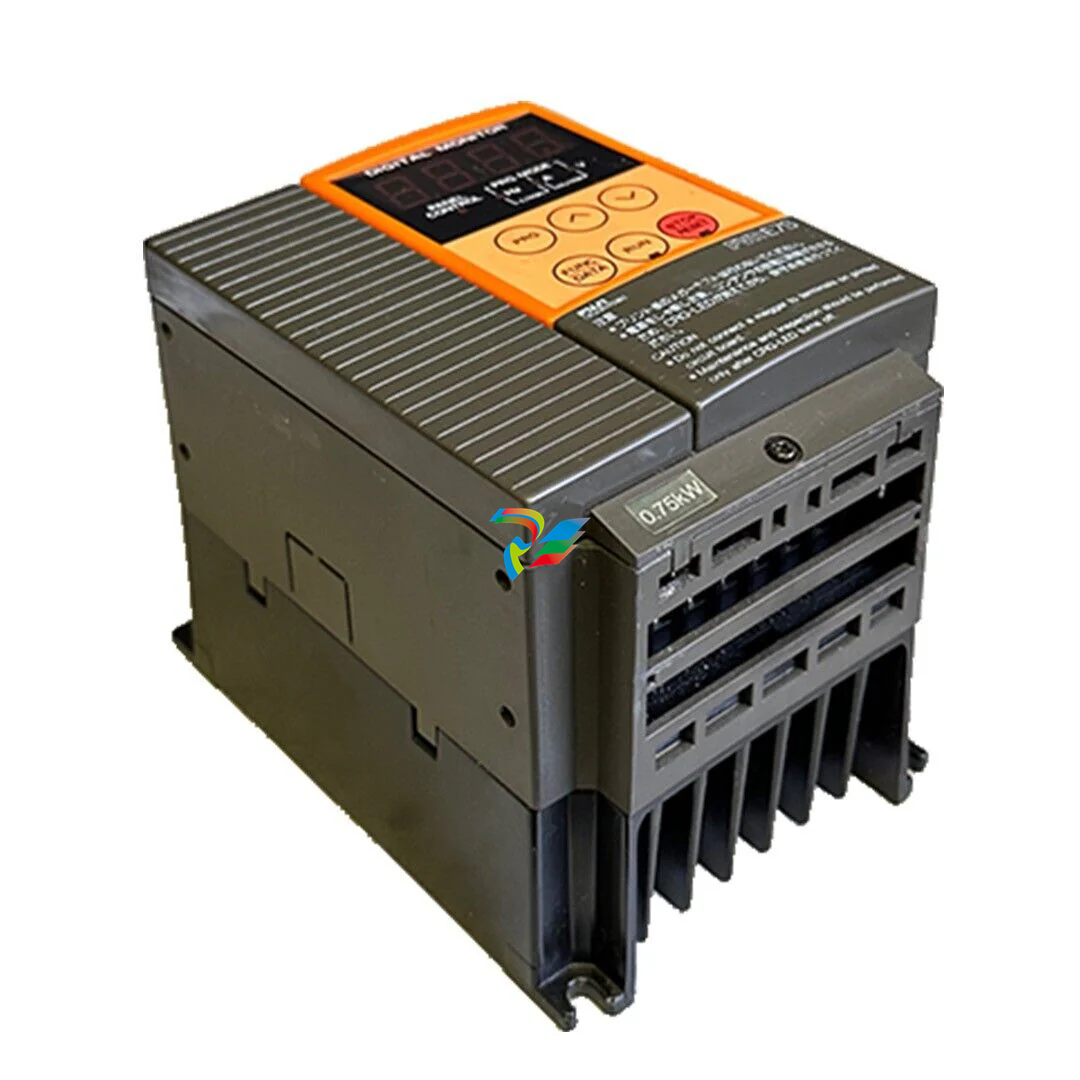
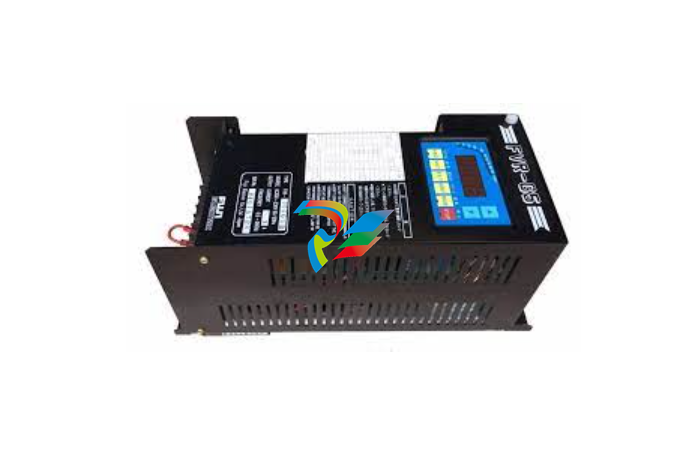
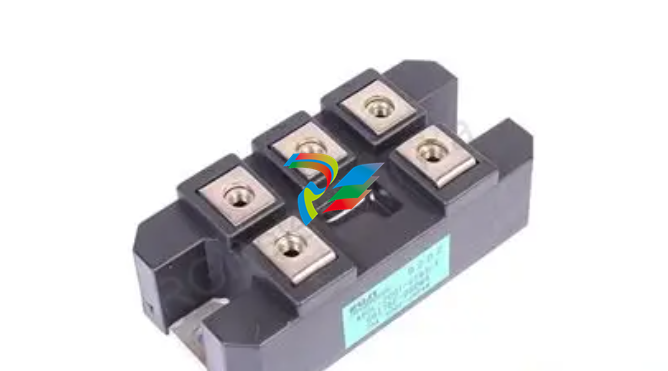
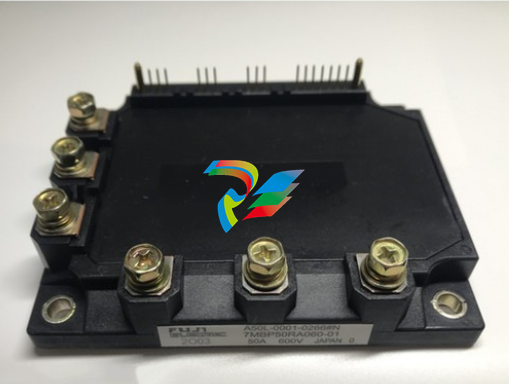
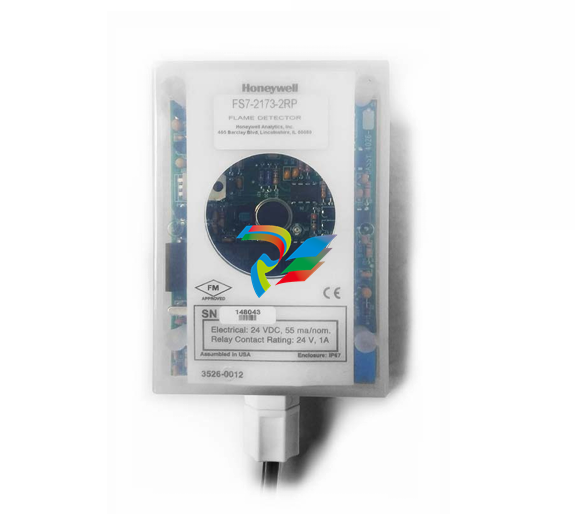
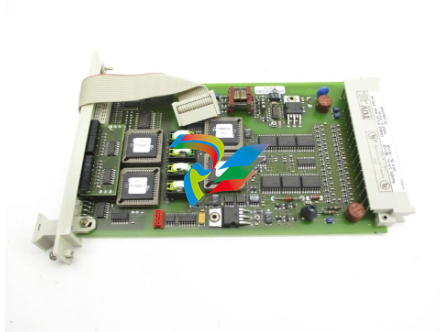
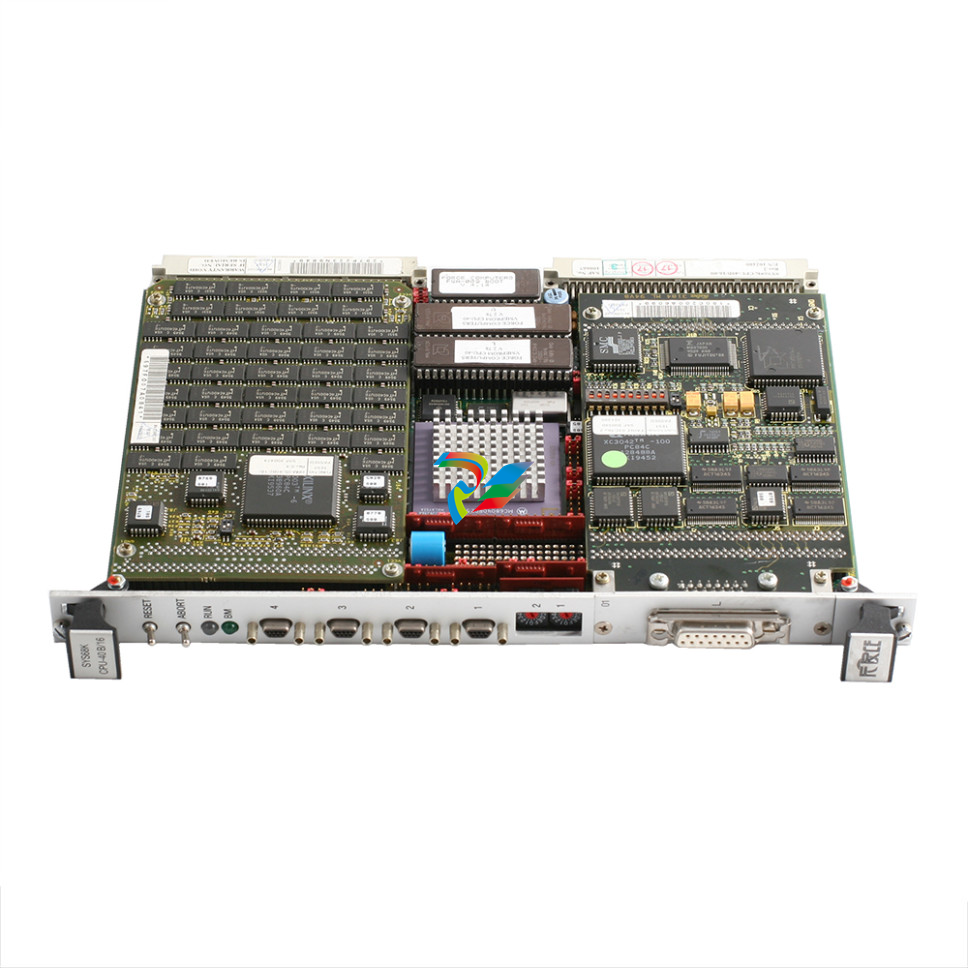
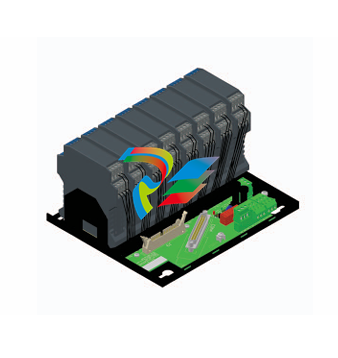
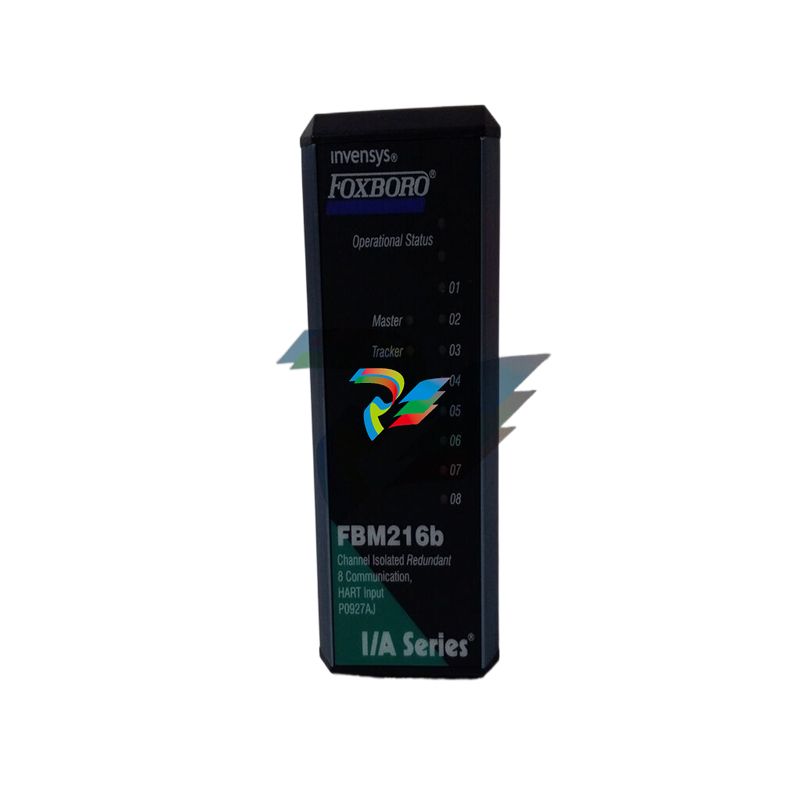
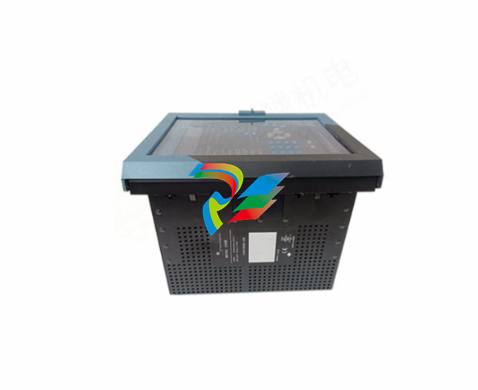
.jpg)
.jpg)
.jpg)
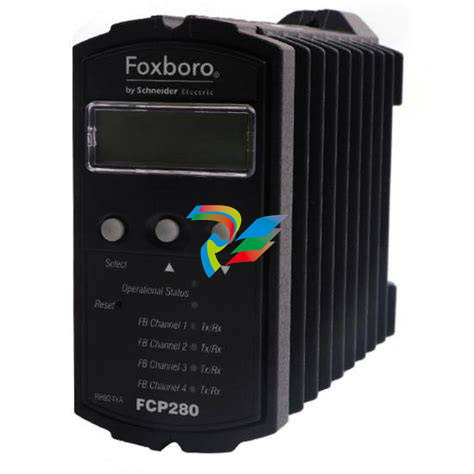
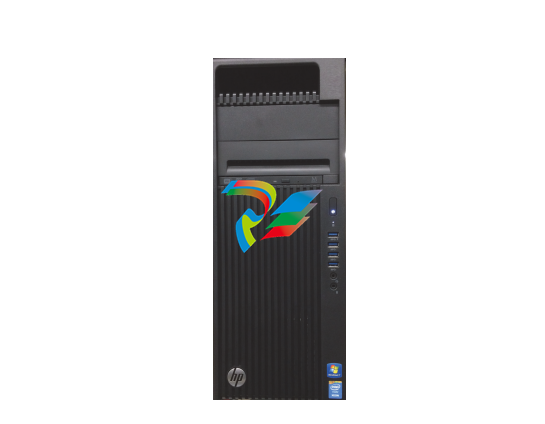
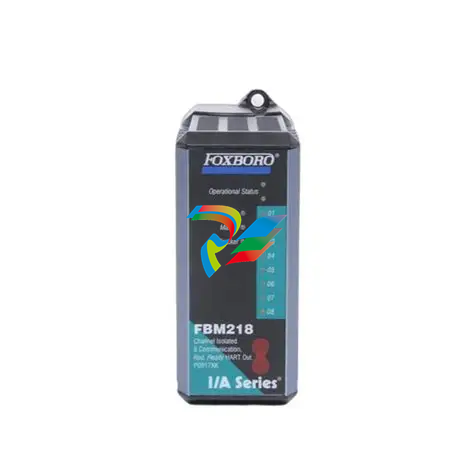
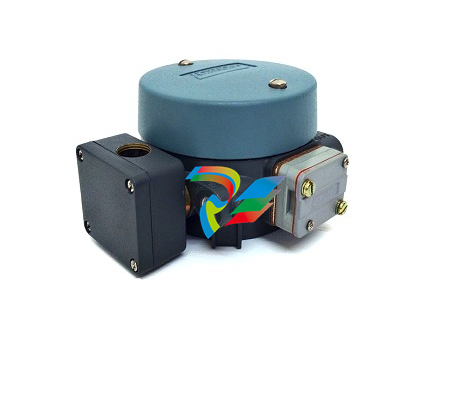
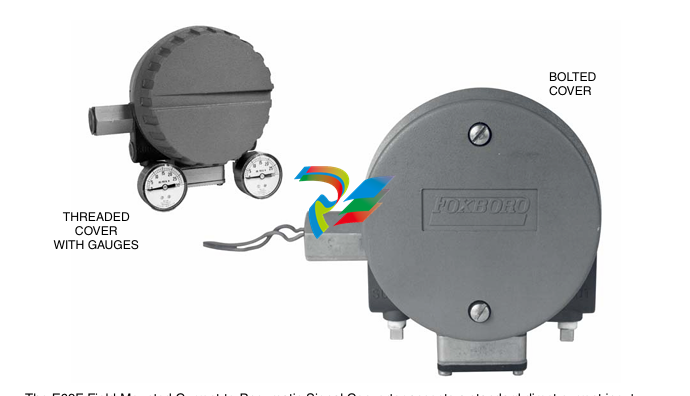
.jpg)
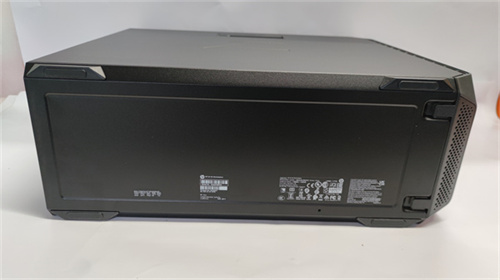
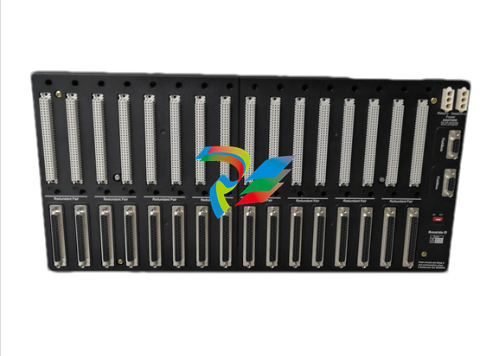
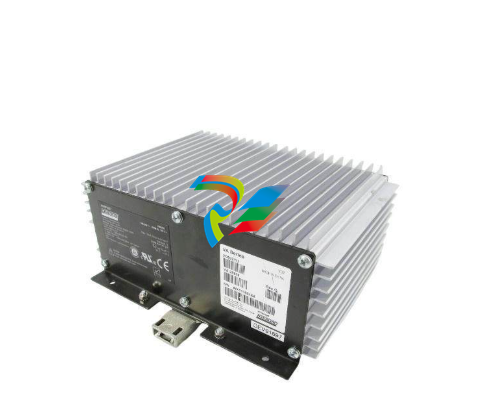
.png)
.jpg)
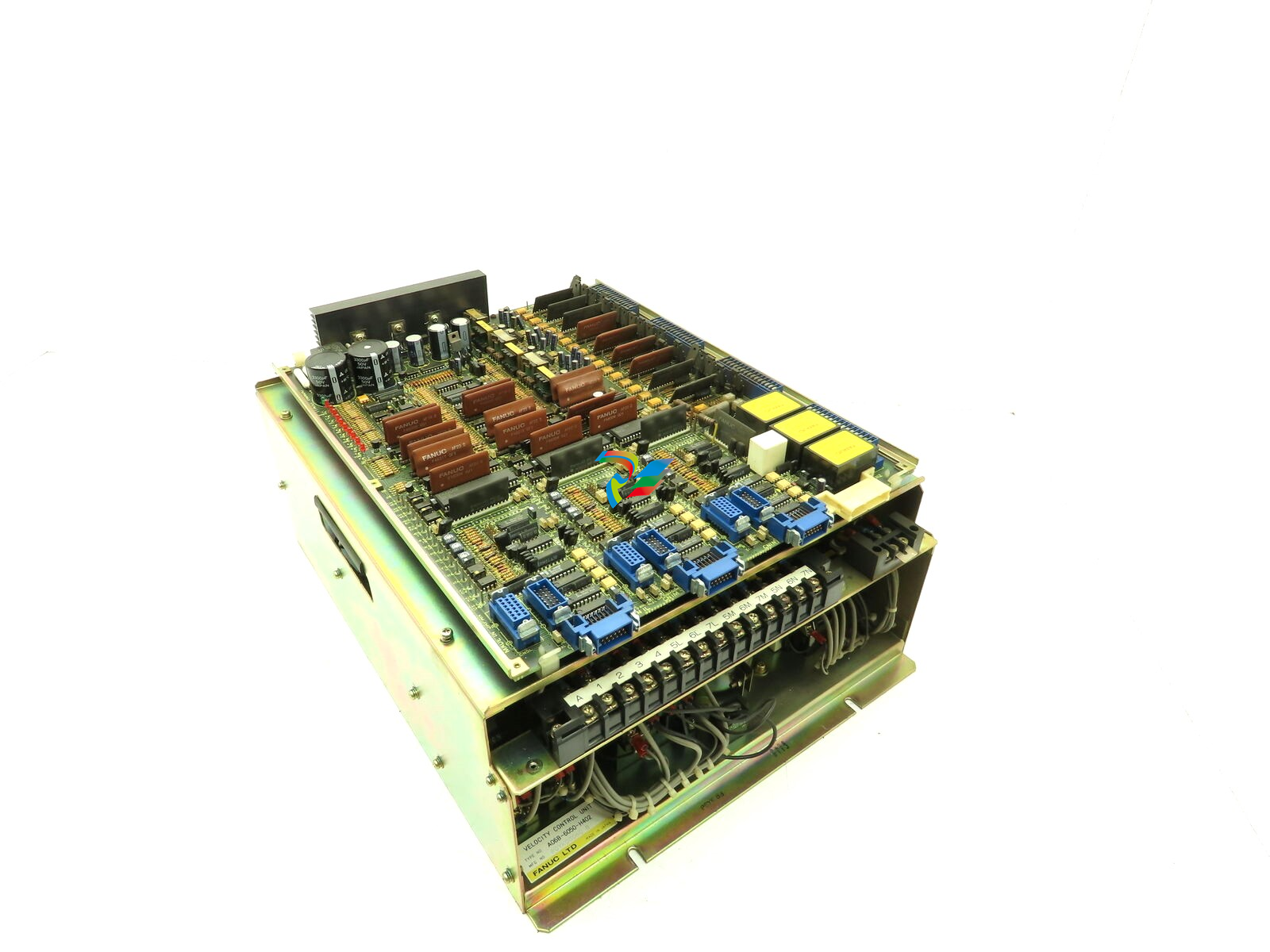
.jpg)
_lVjBYb.jpg)
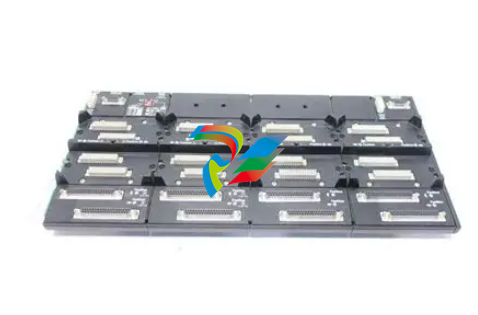
.jpg)
.jpg)
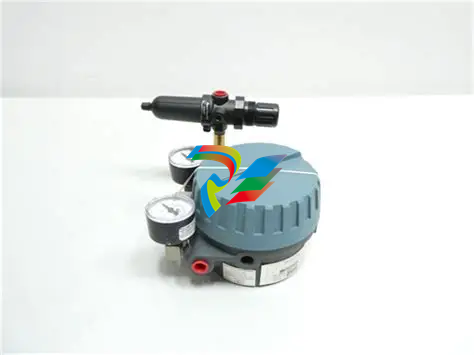
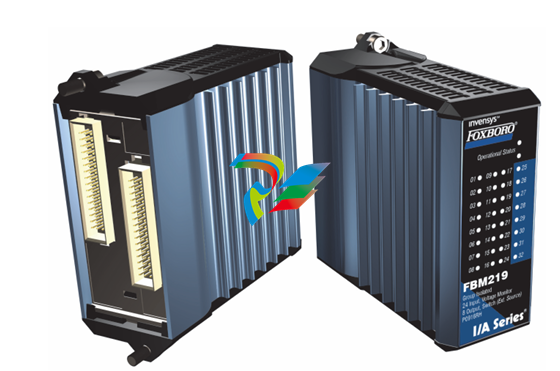
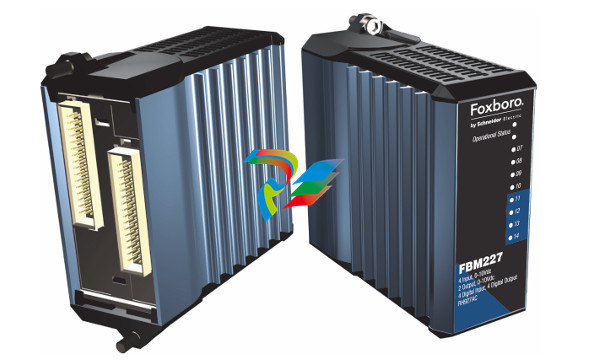
.jpg)
.jpg)
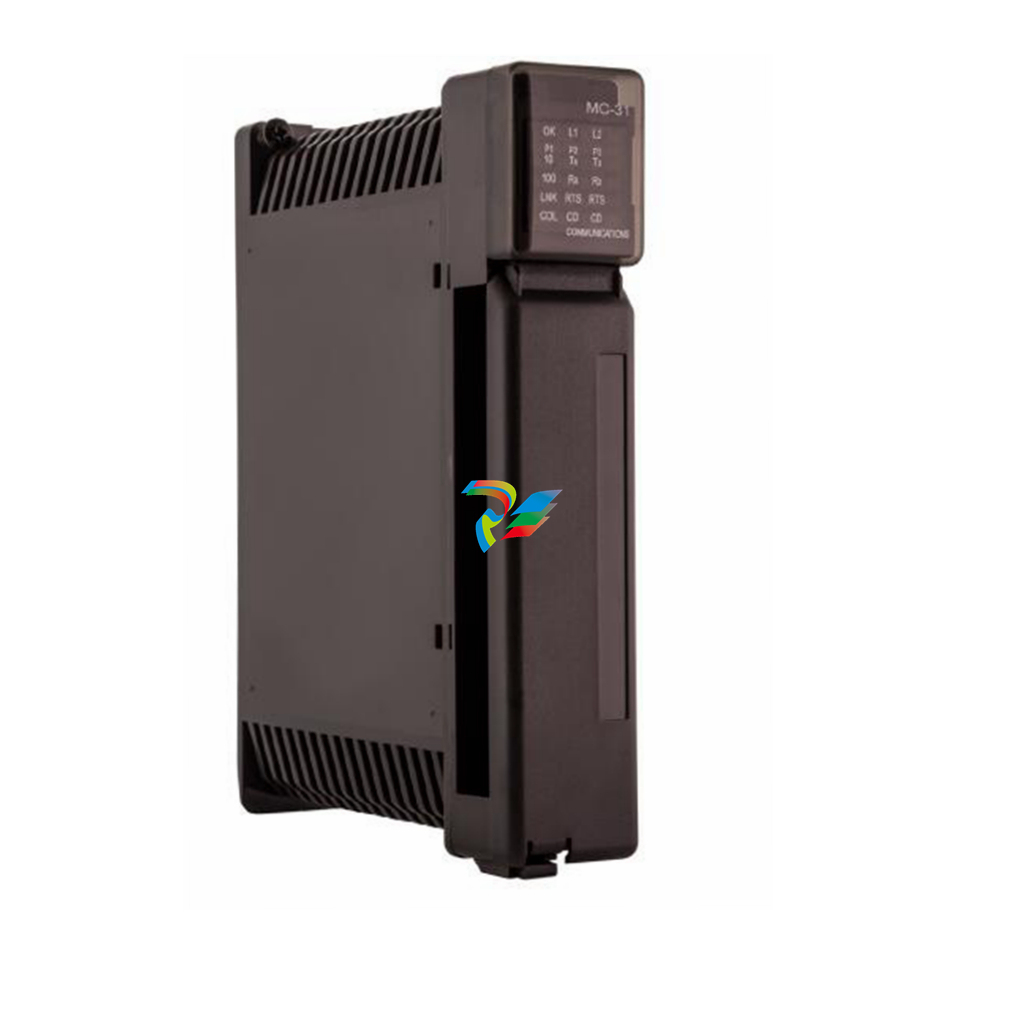
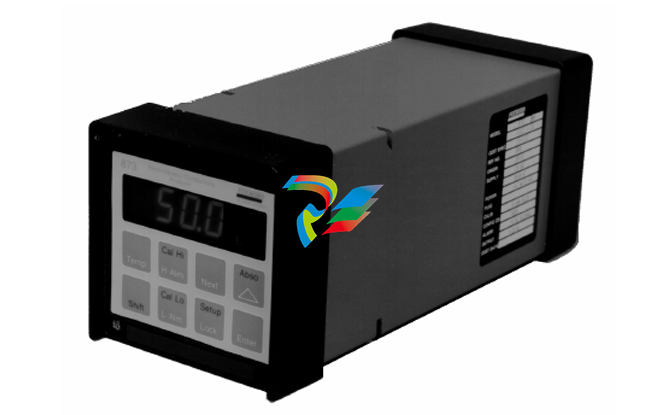
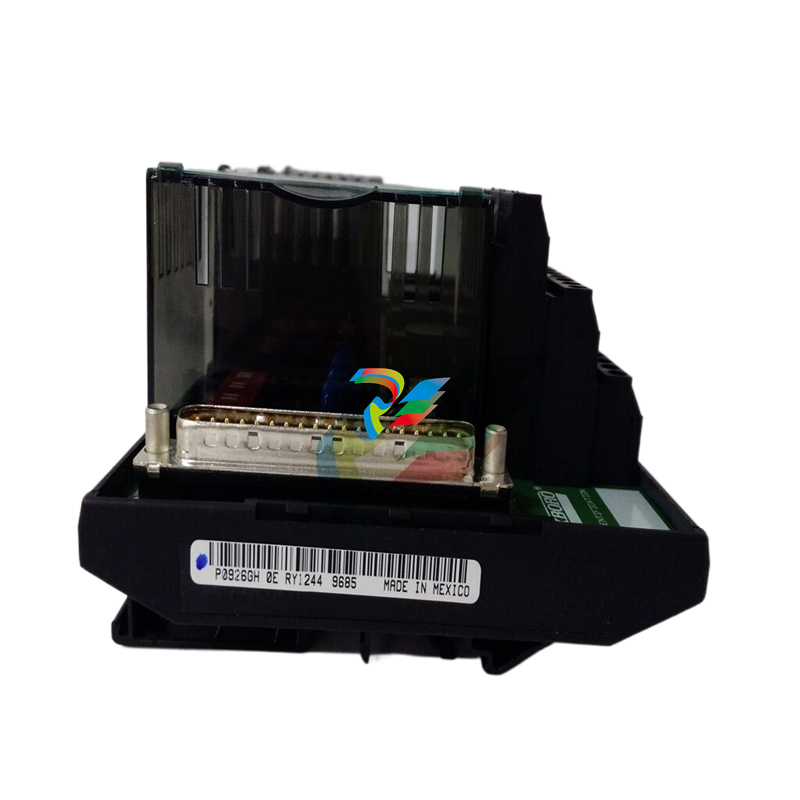
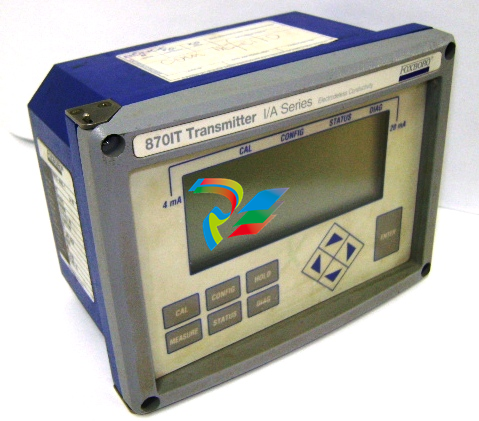
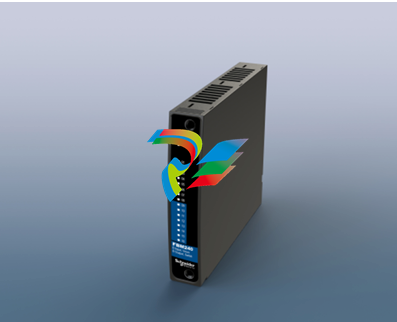
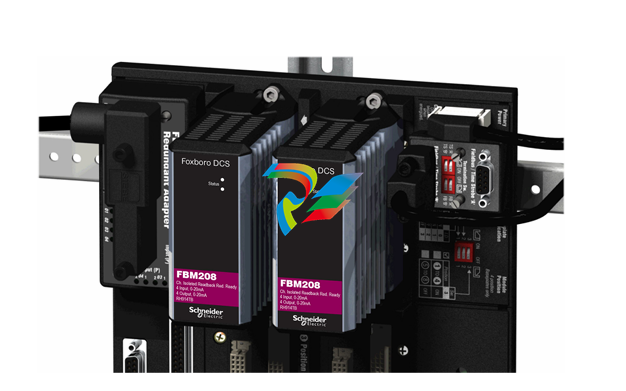
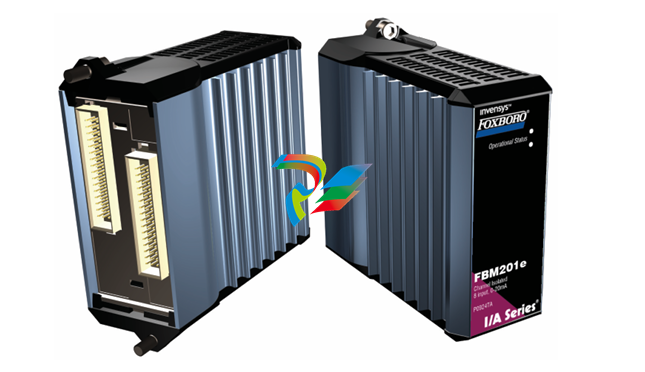
.jpg)
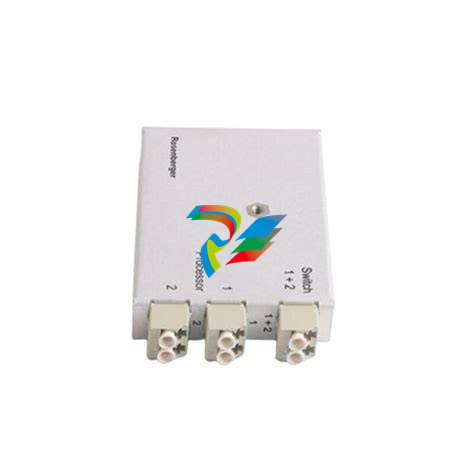
.jpg)
.jpg)
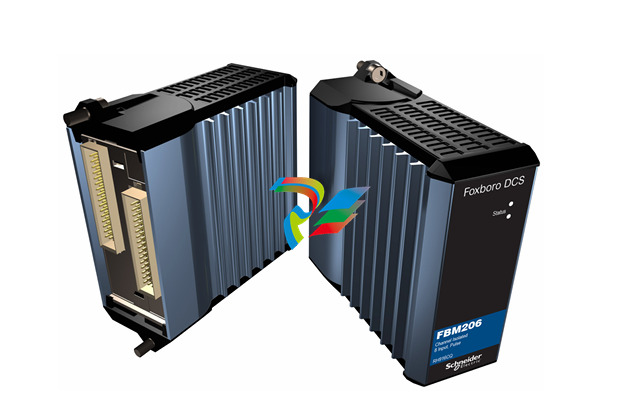
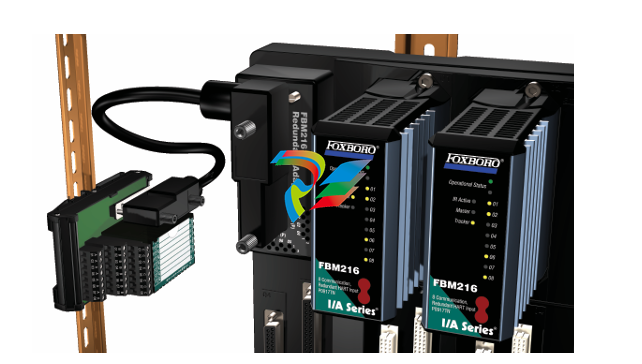
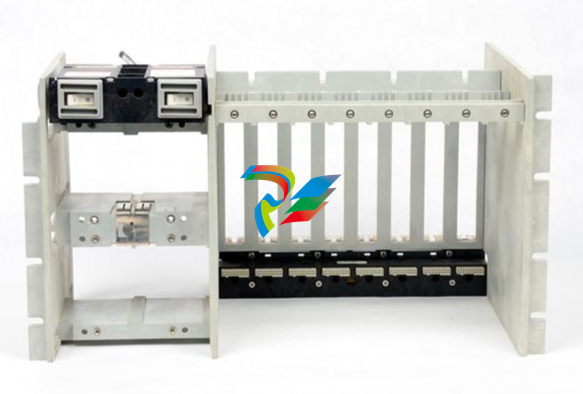
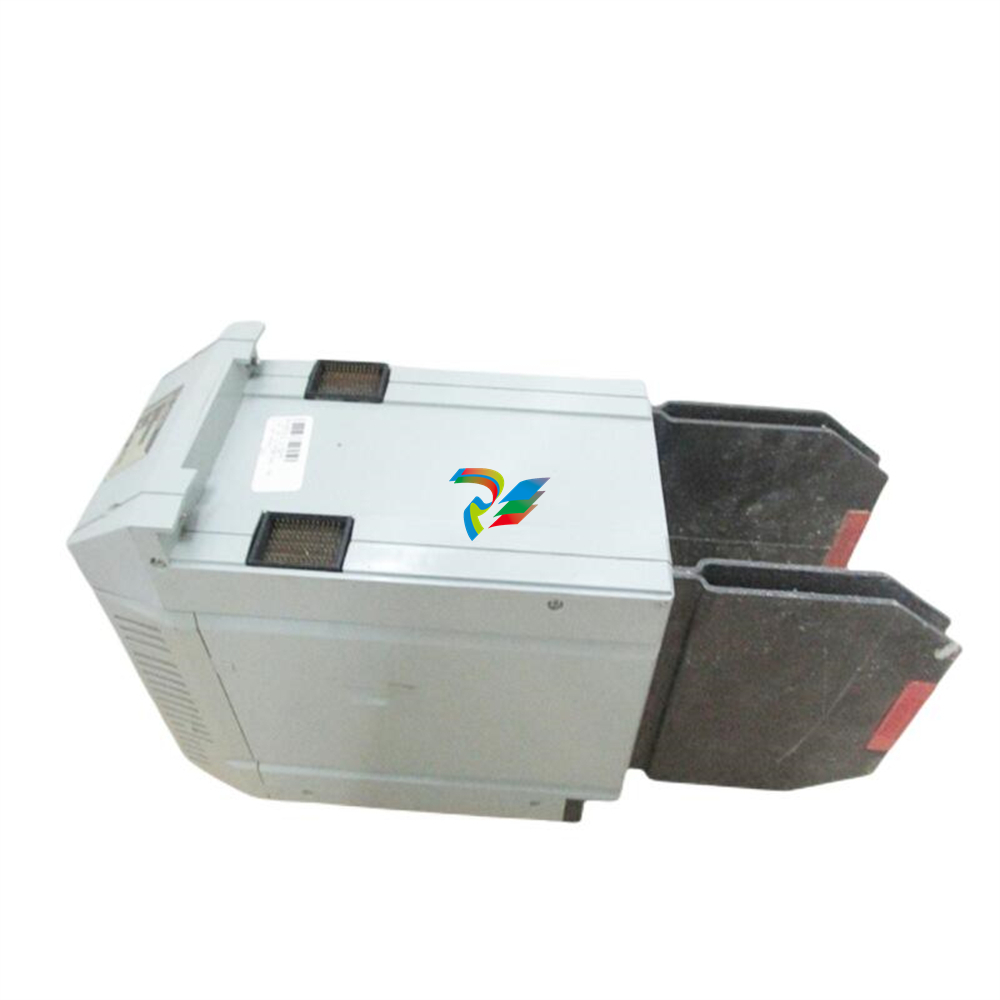
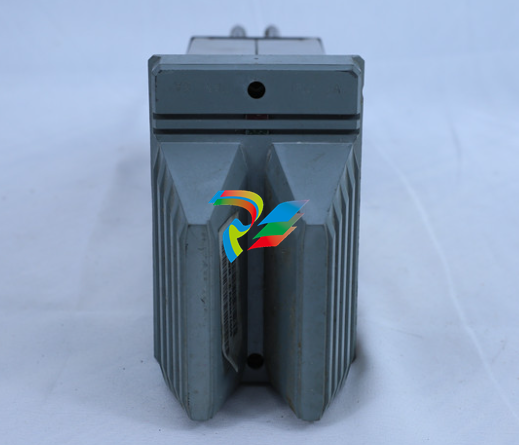
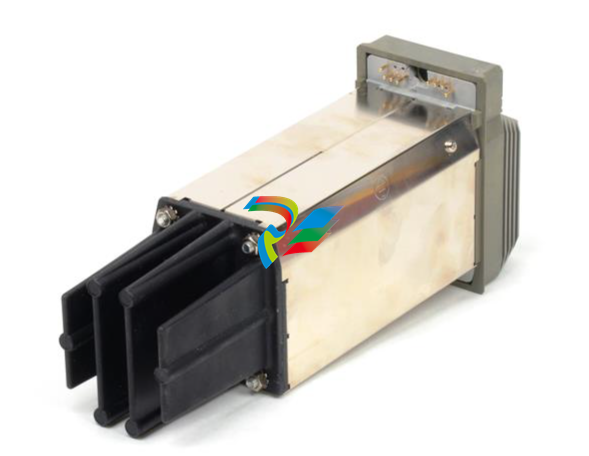
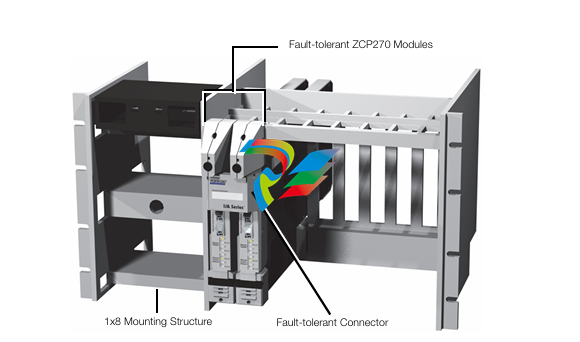
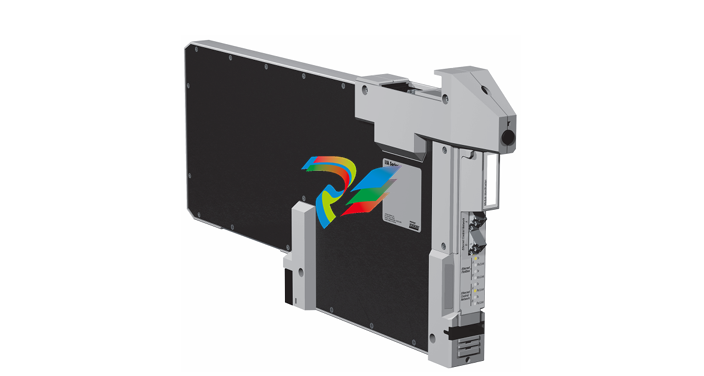
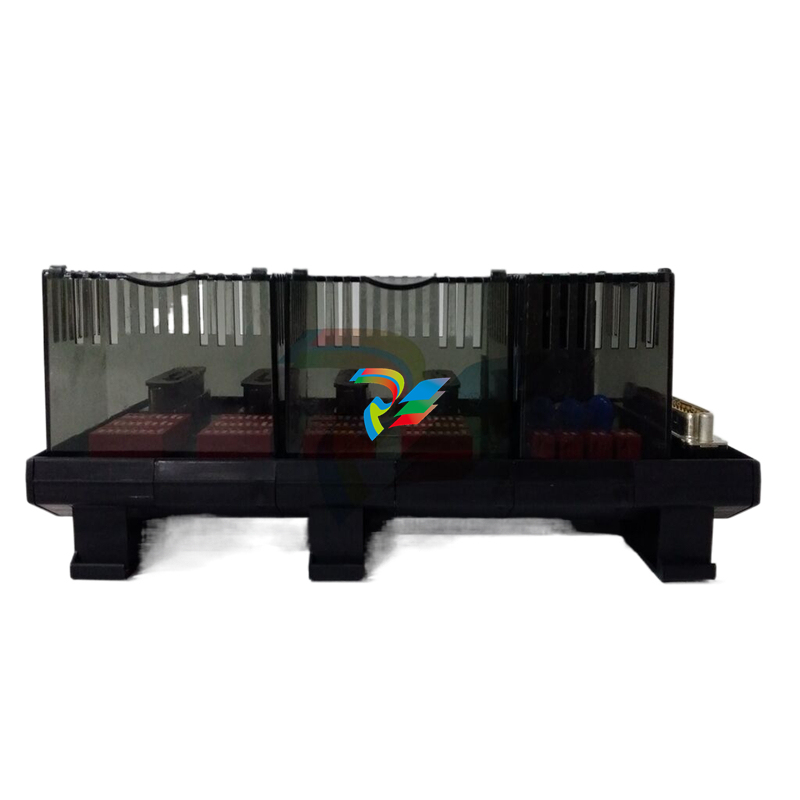
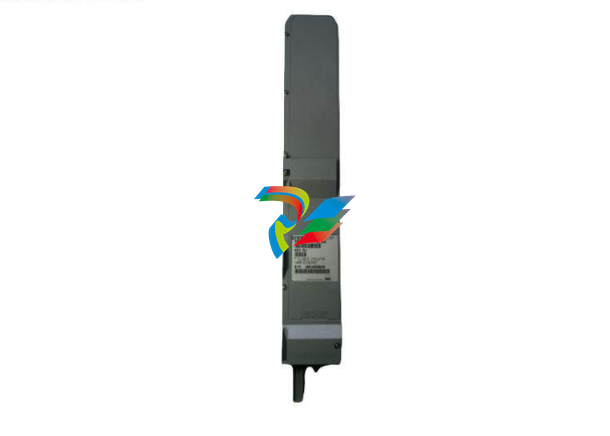
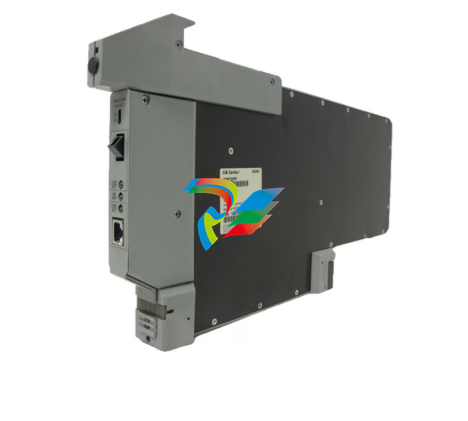
.jpg)
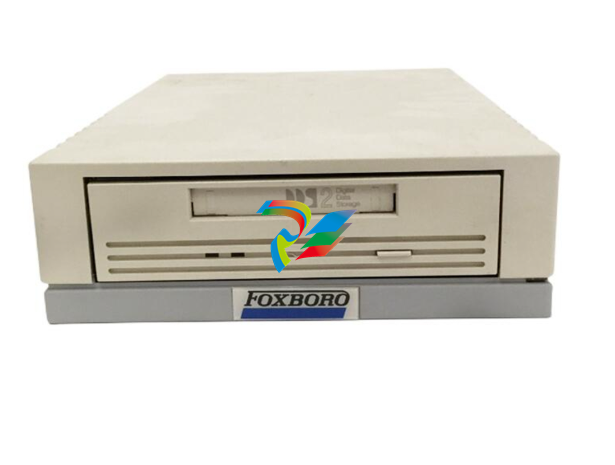
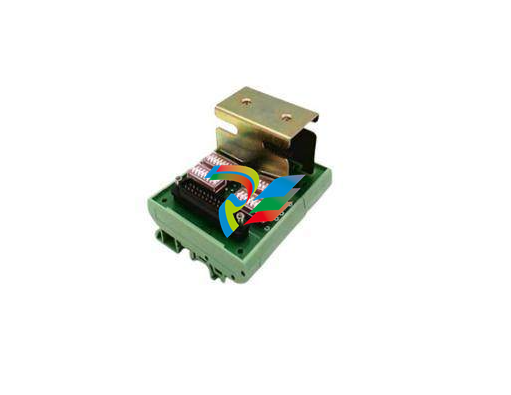

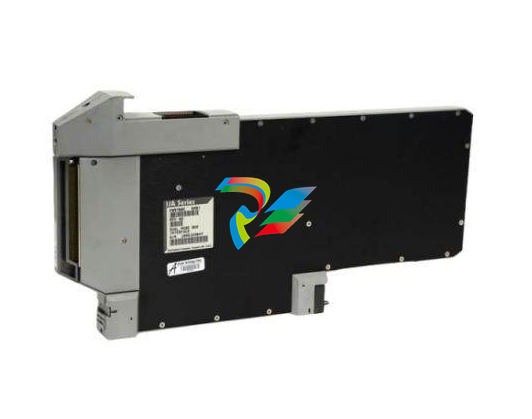
.jpg)
.jpg)
.jpg)
.jpg)
.jpg)
.jpg)
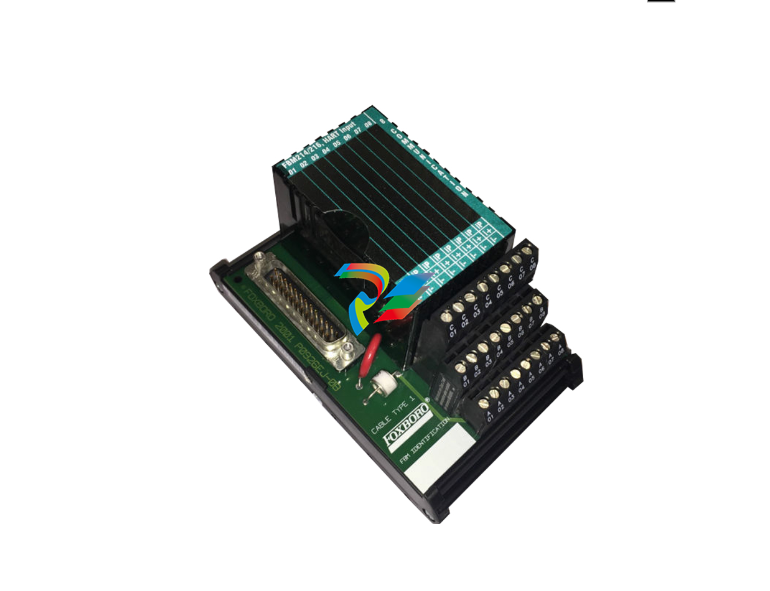
.jpg)
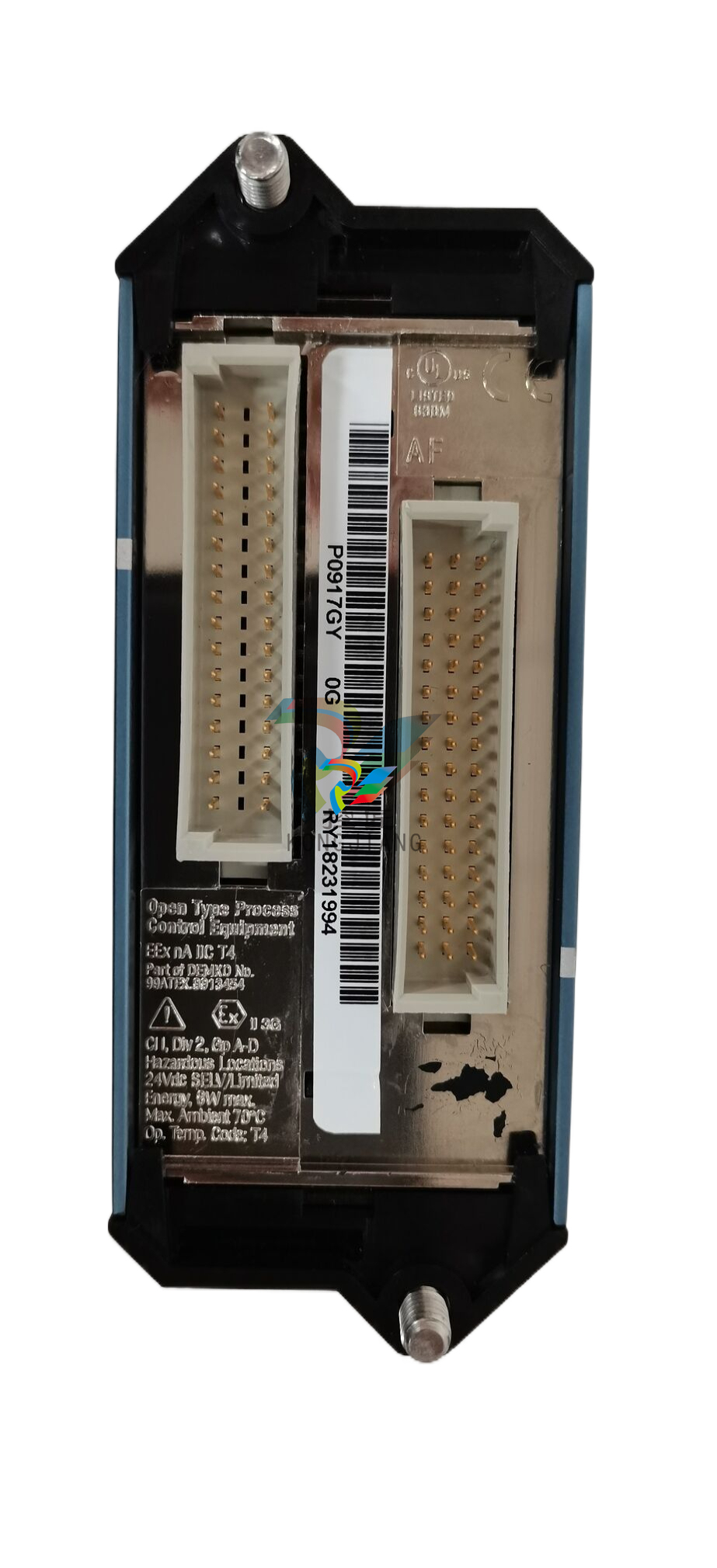
.jpg)
.jpg)
.jpg)
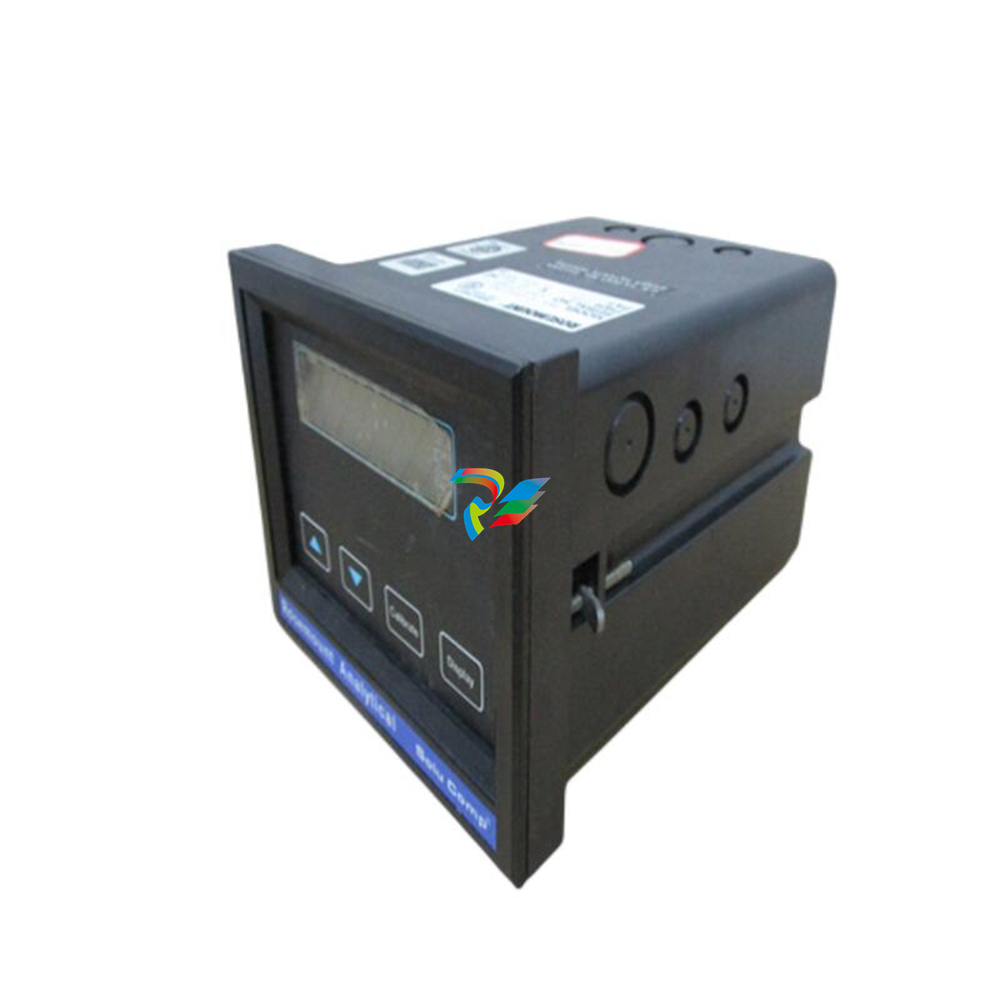
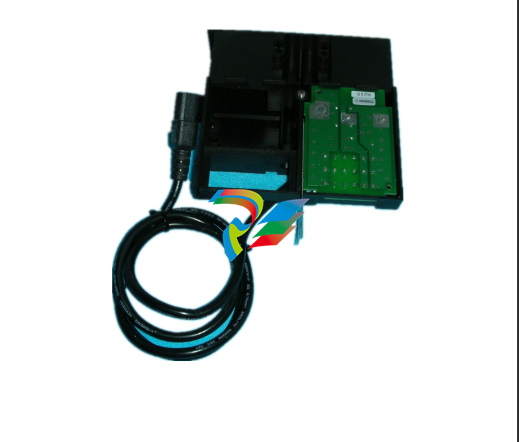
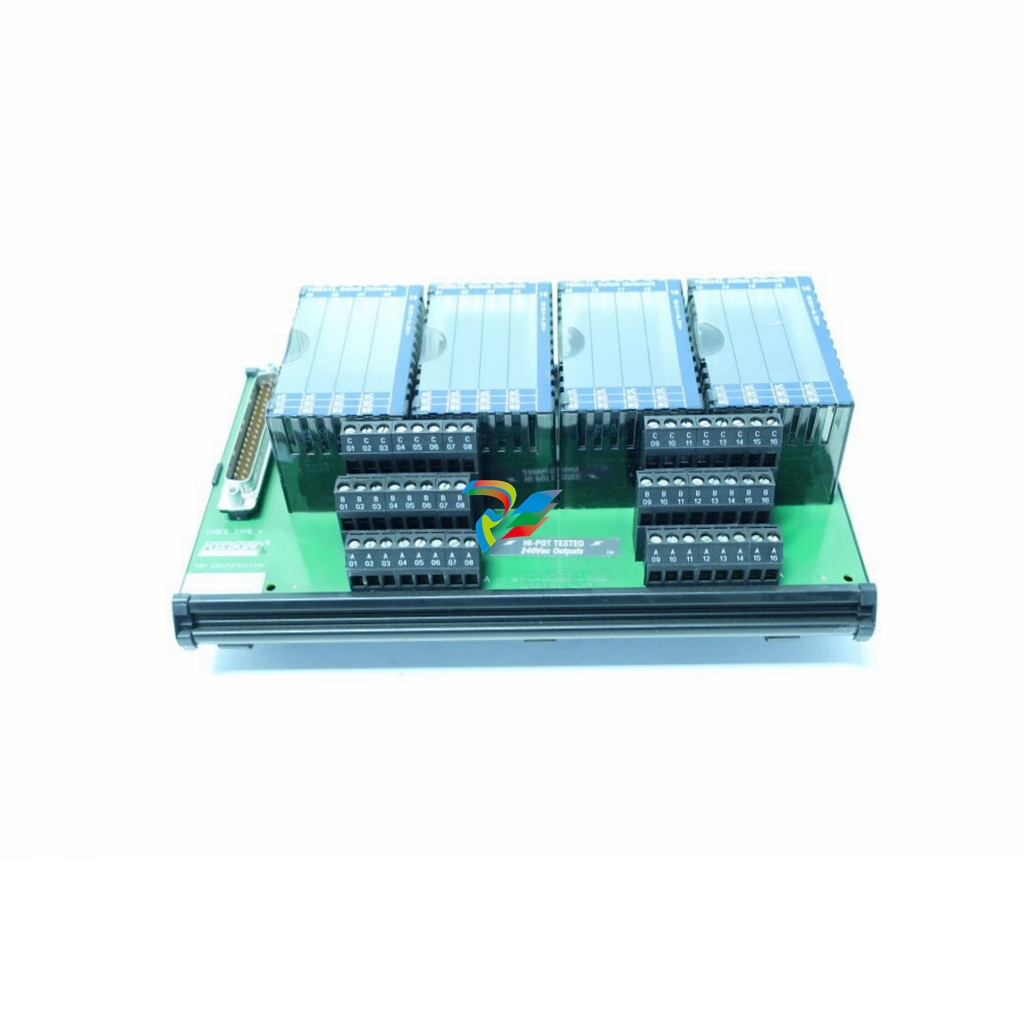
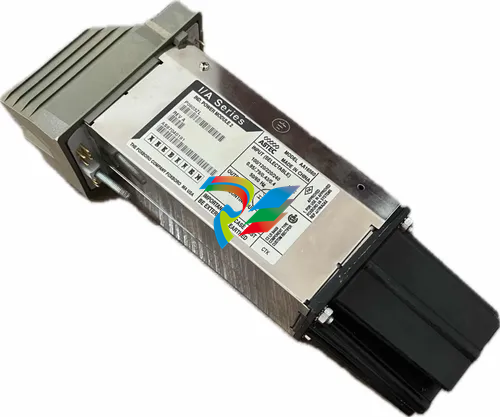
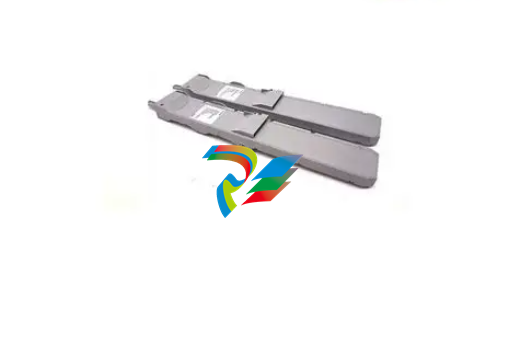
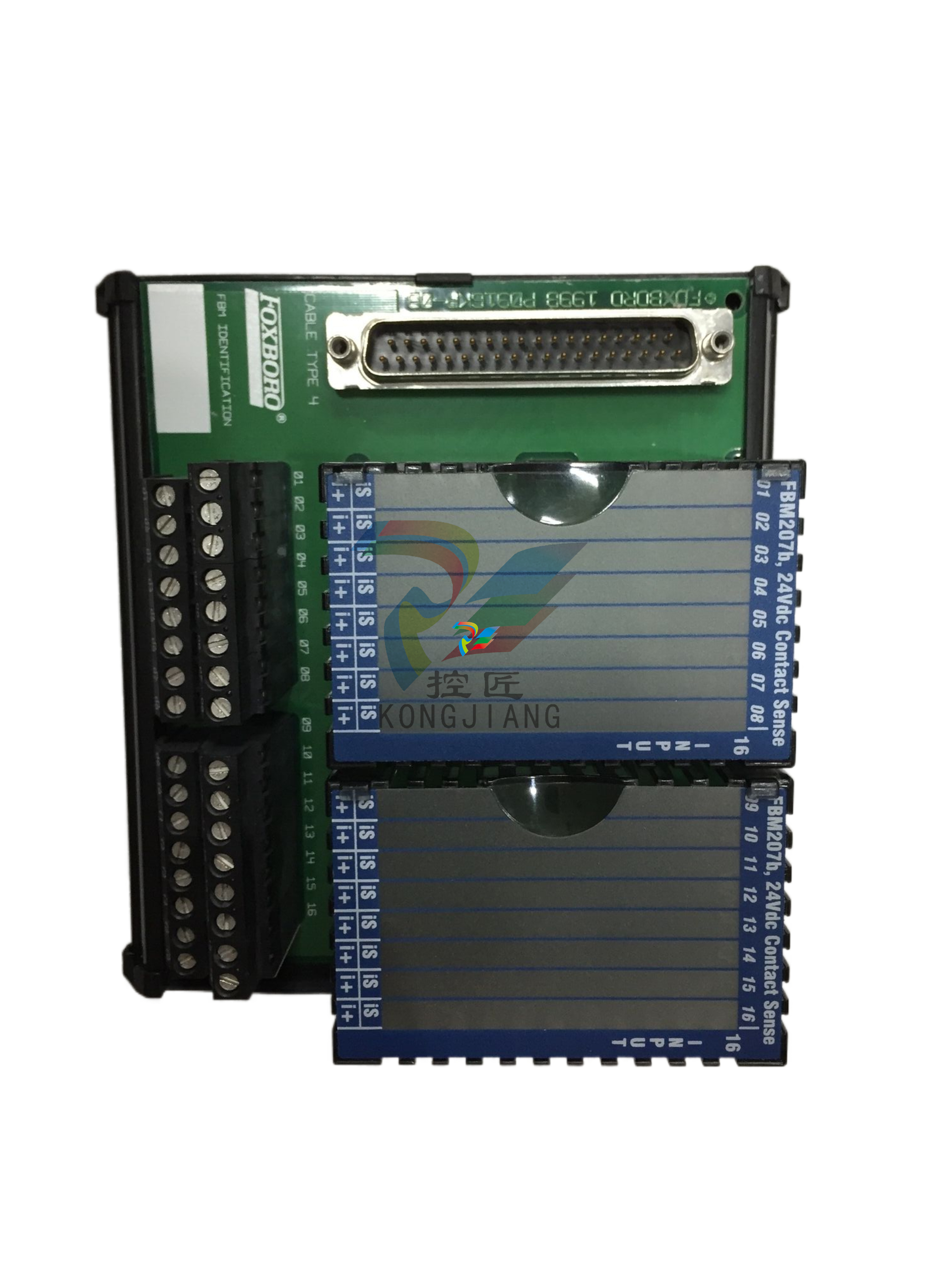
.jpg)
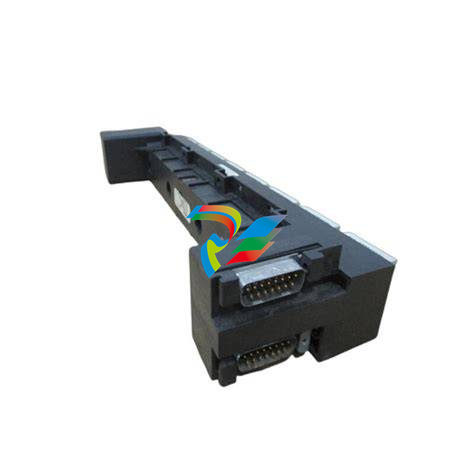
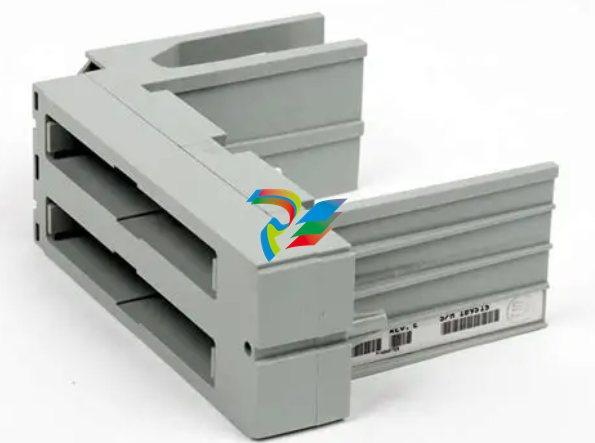
.jpg)
